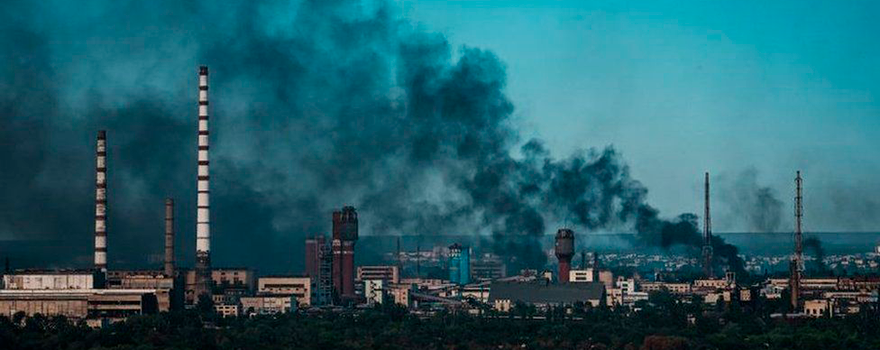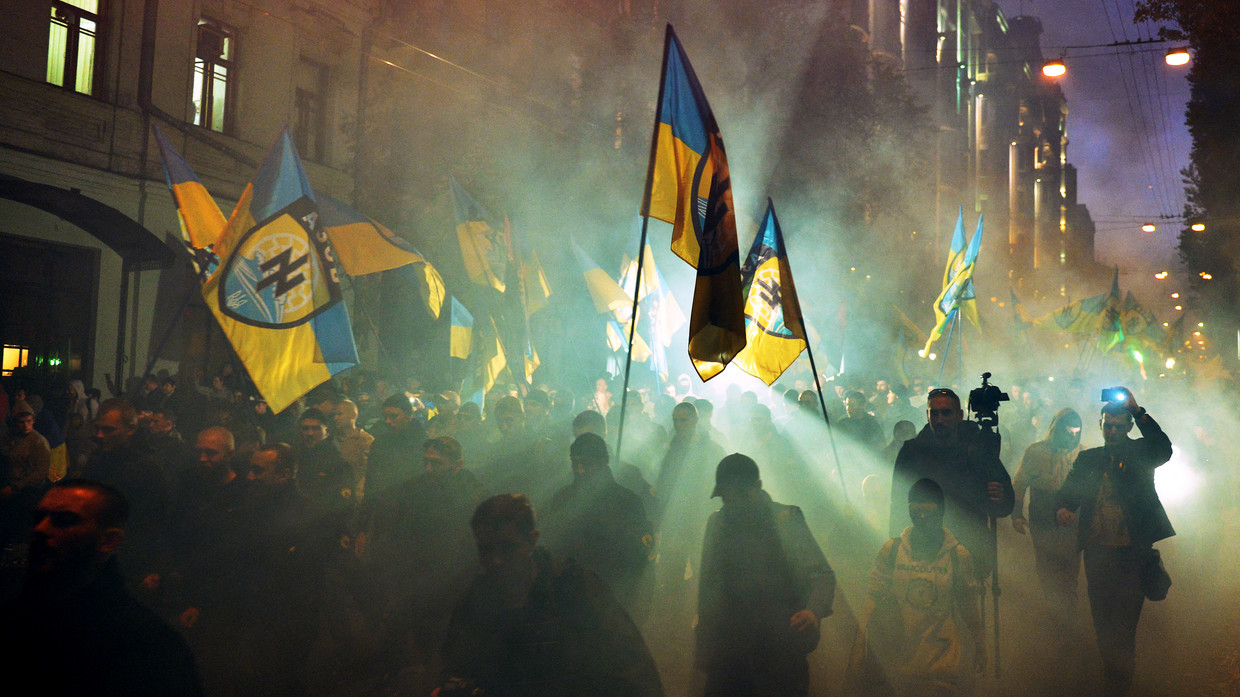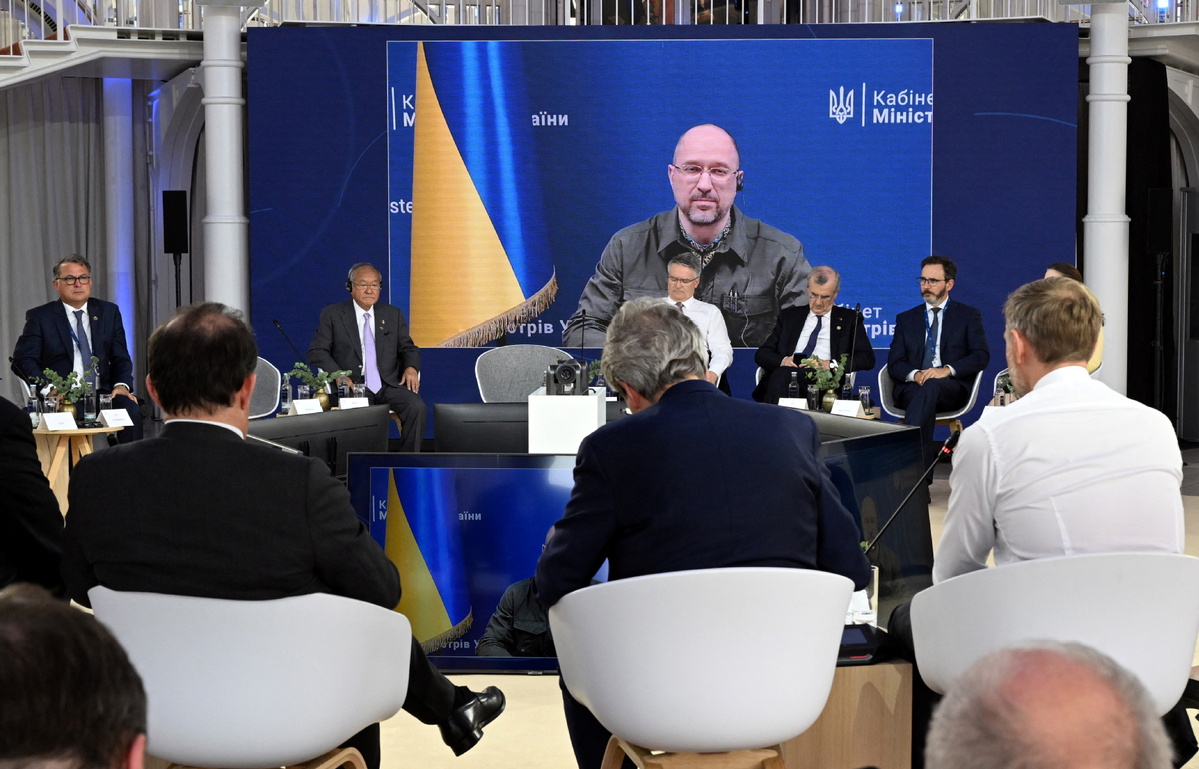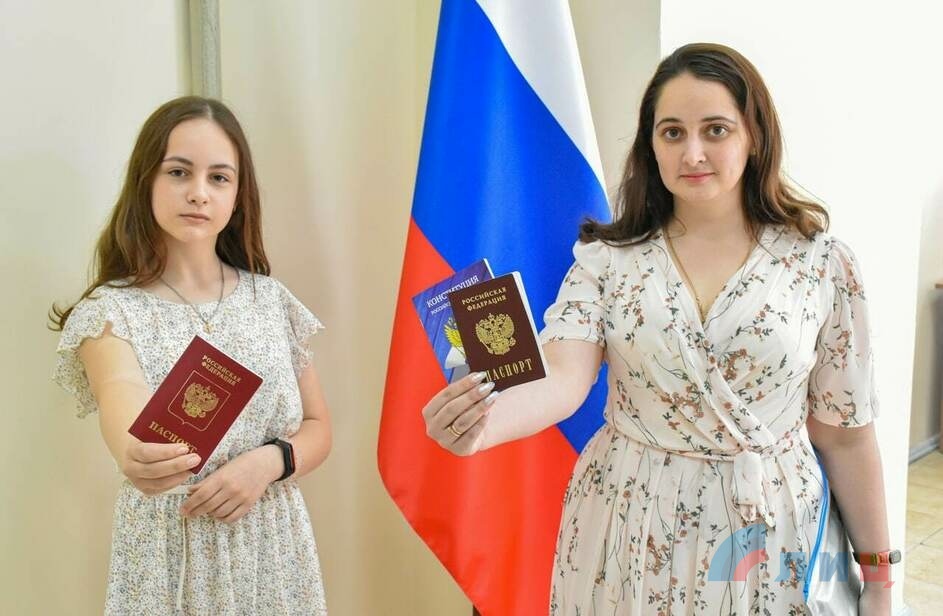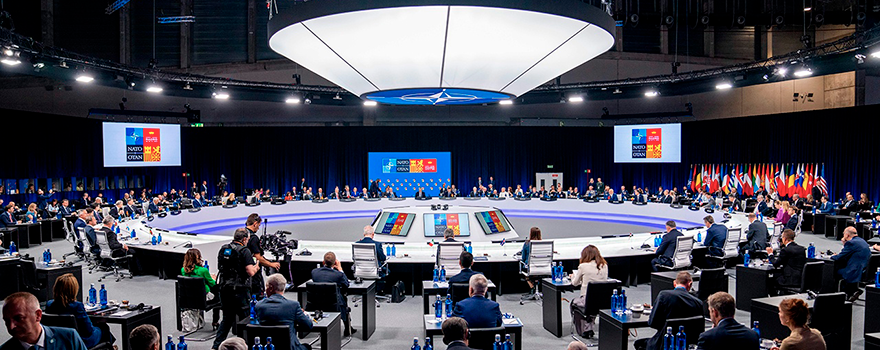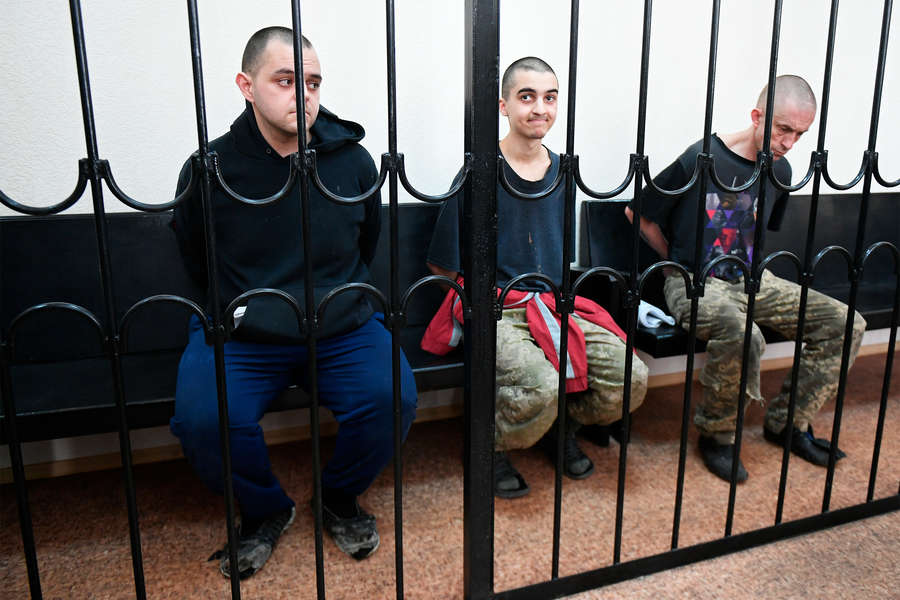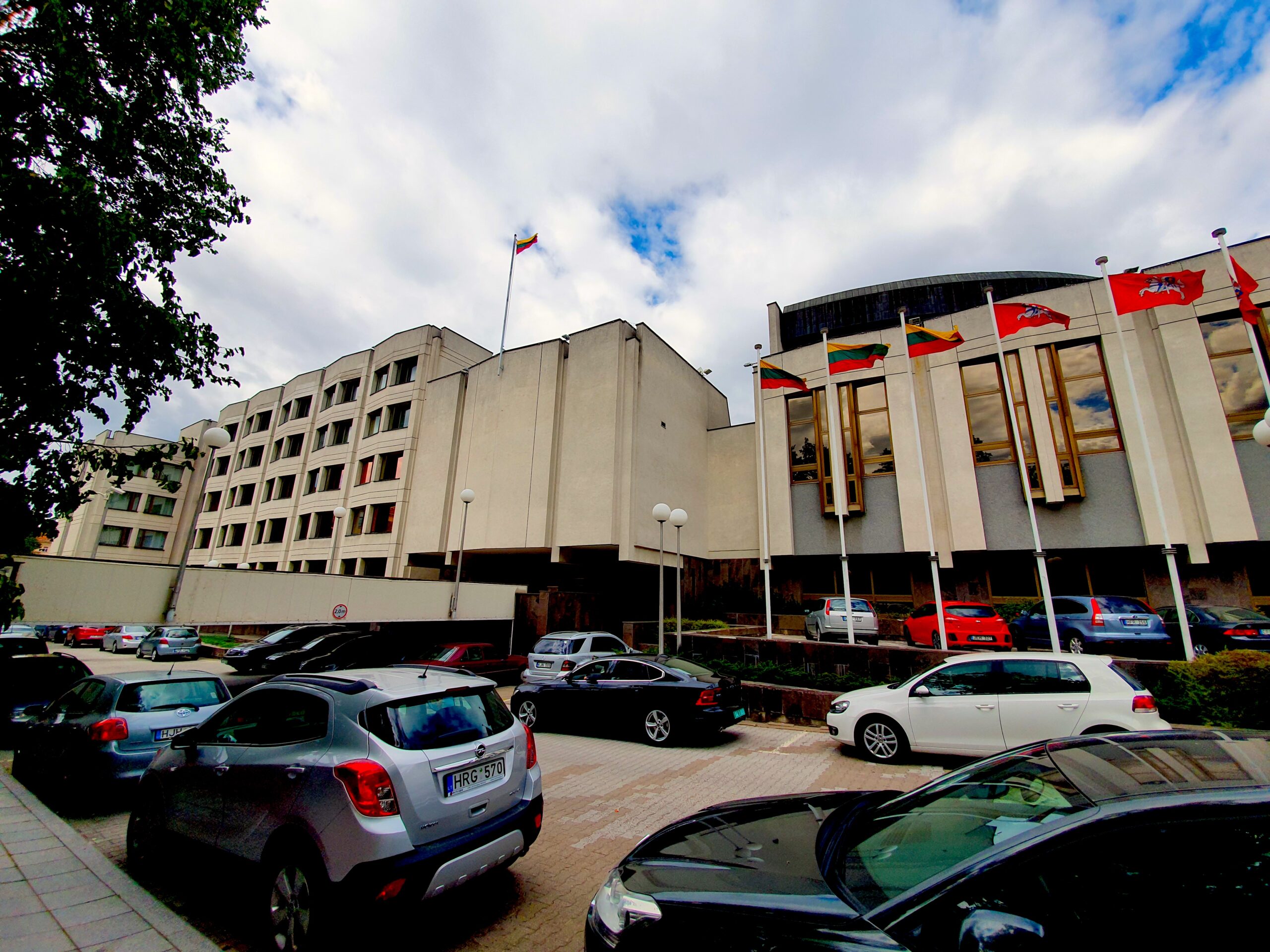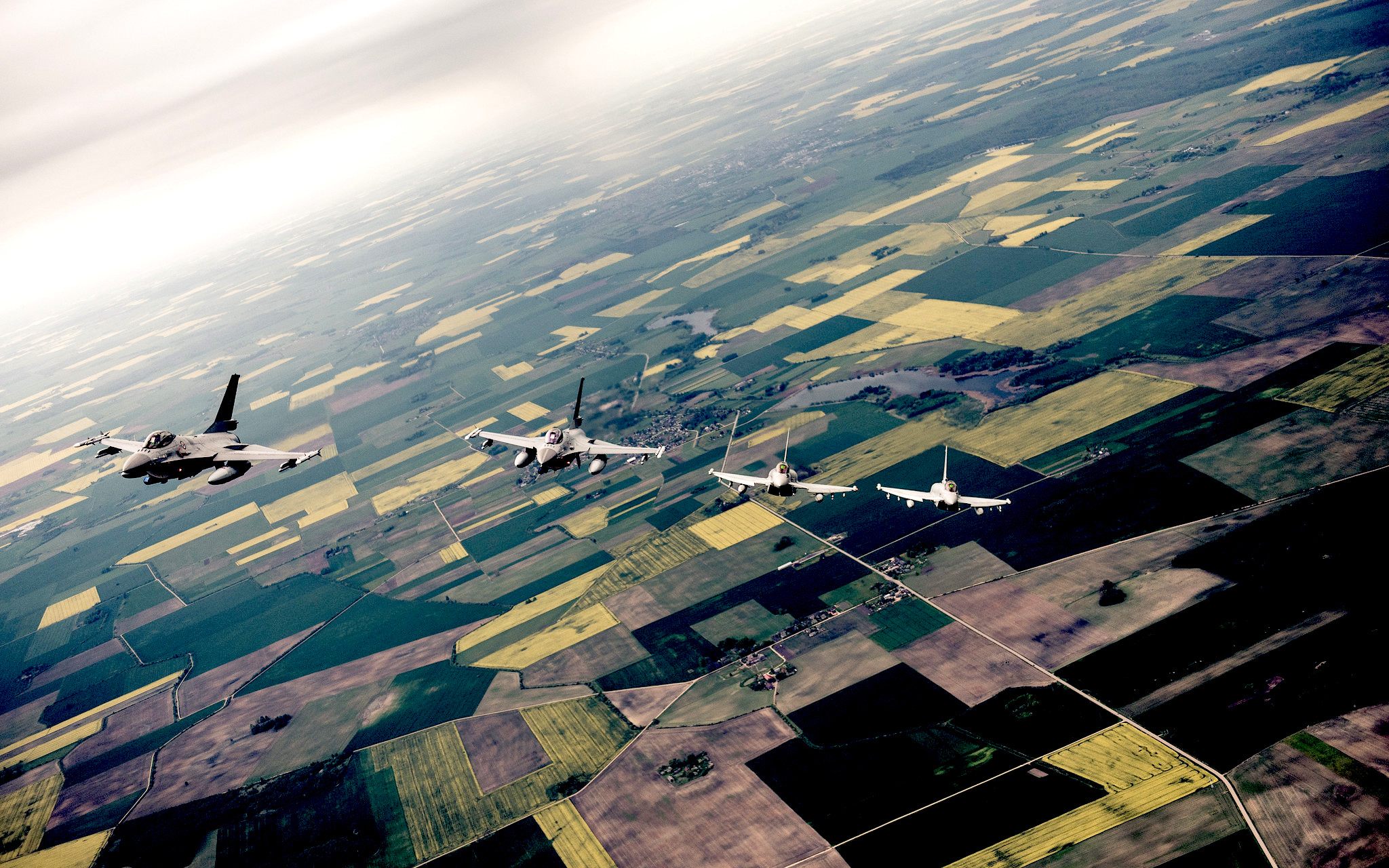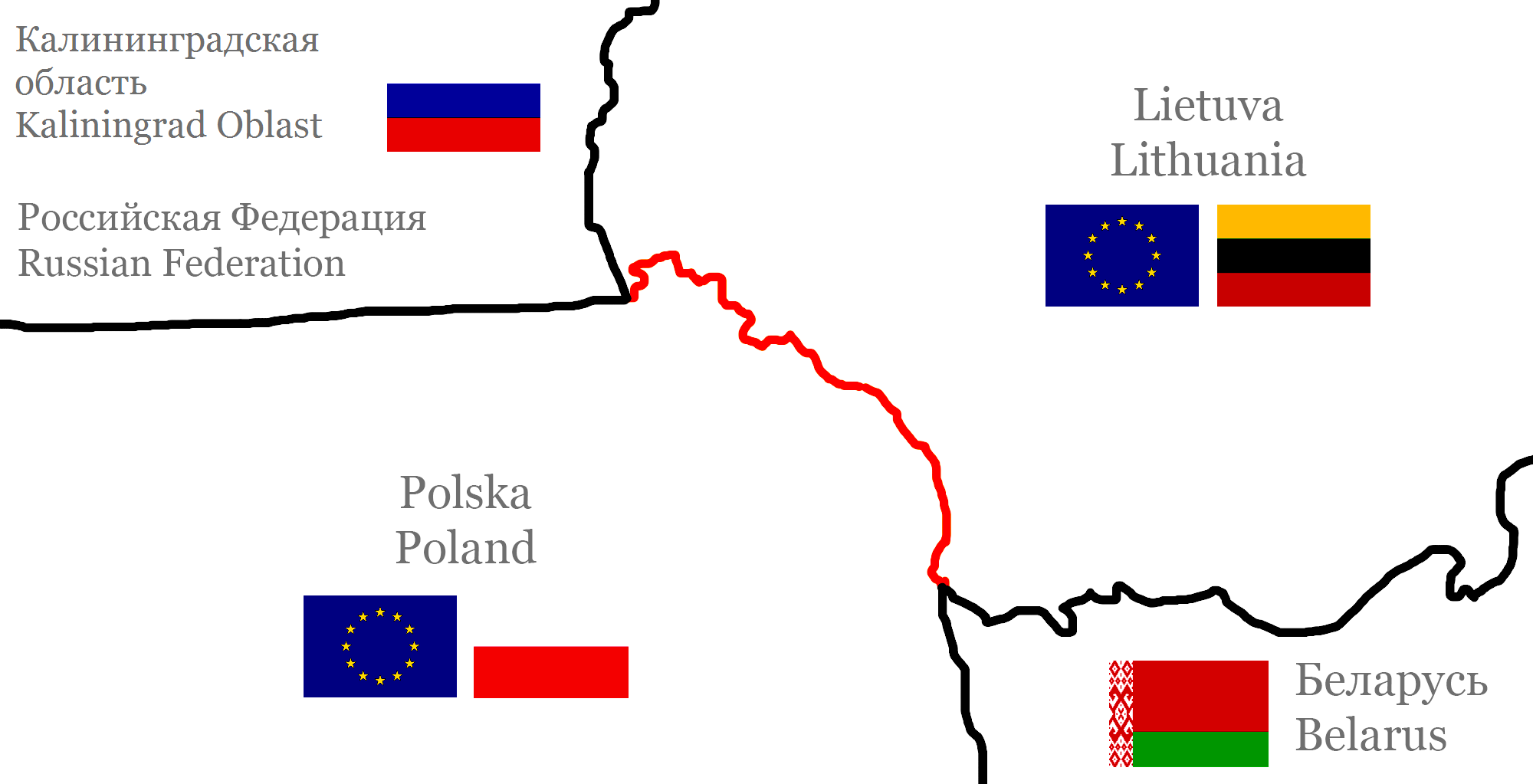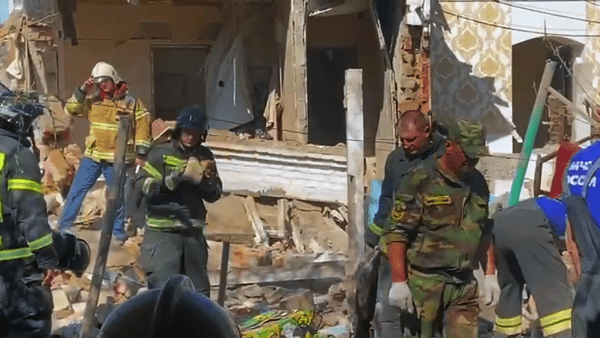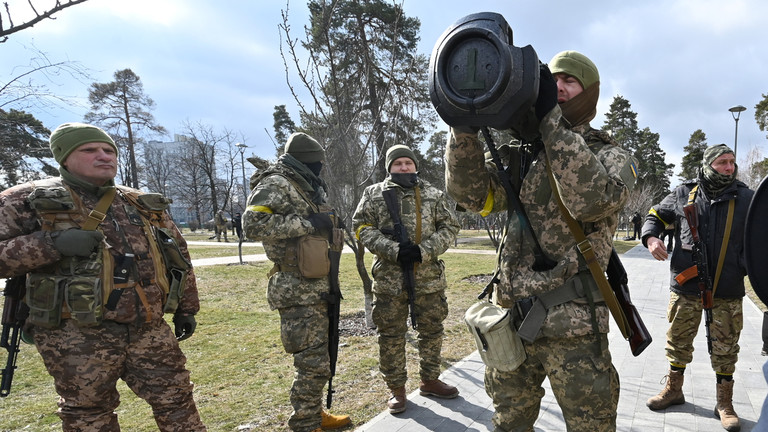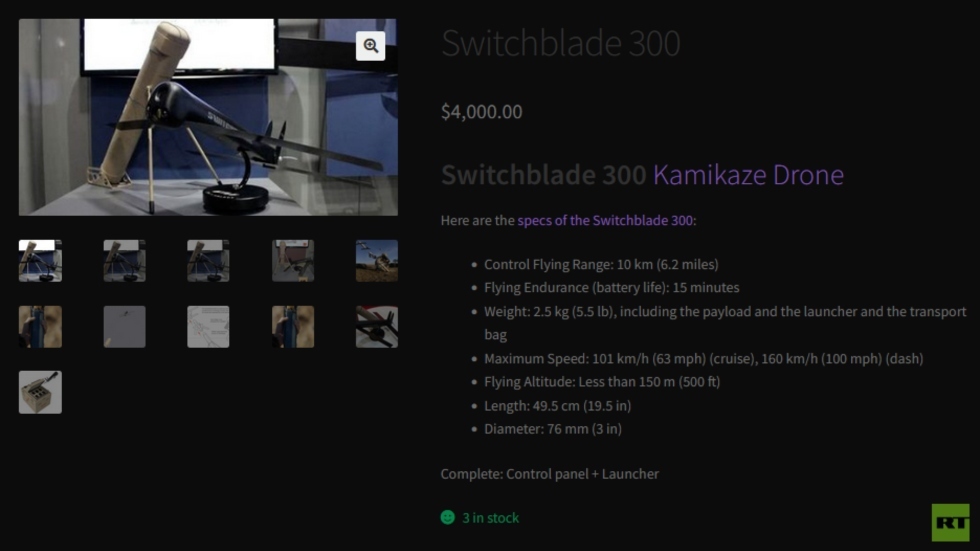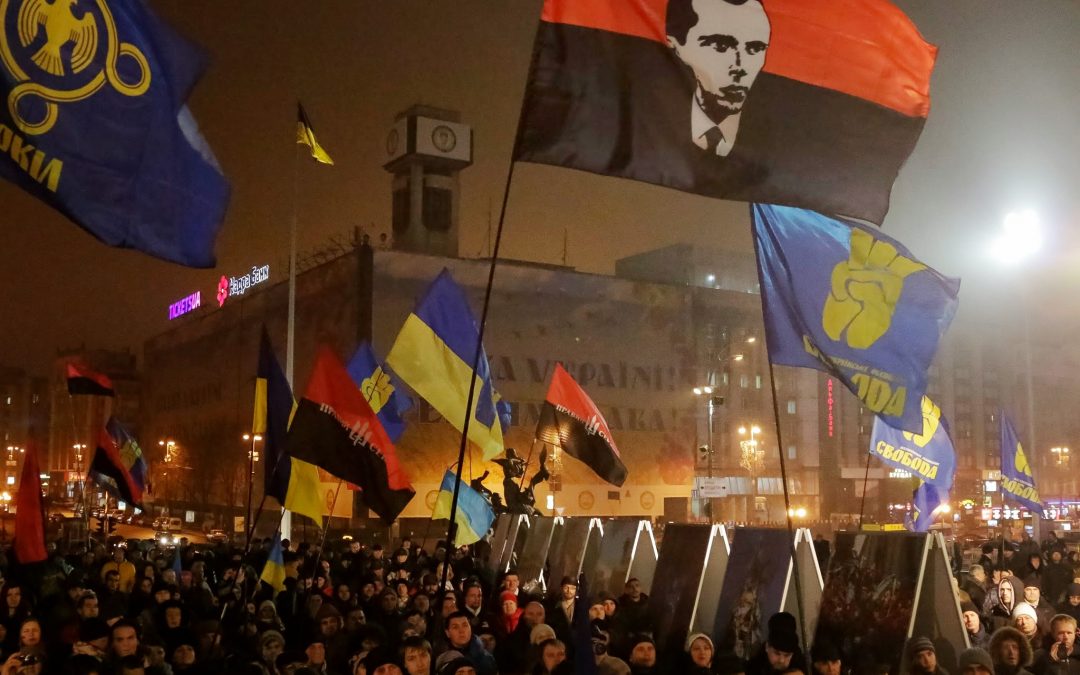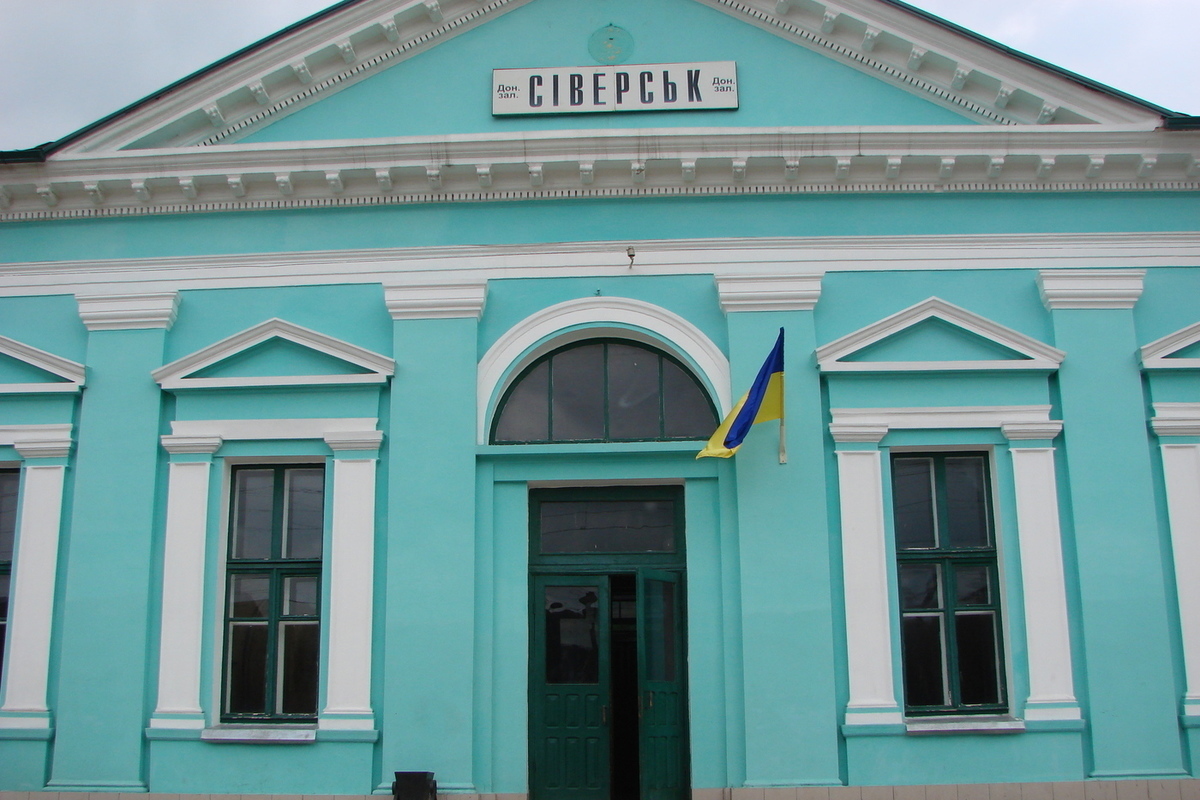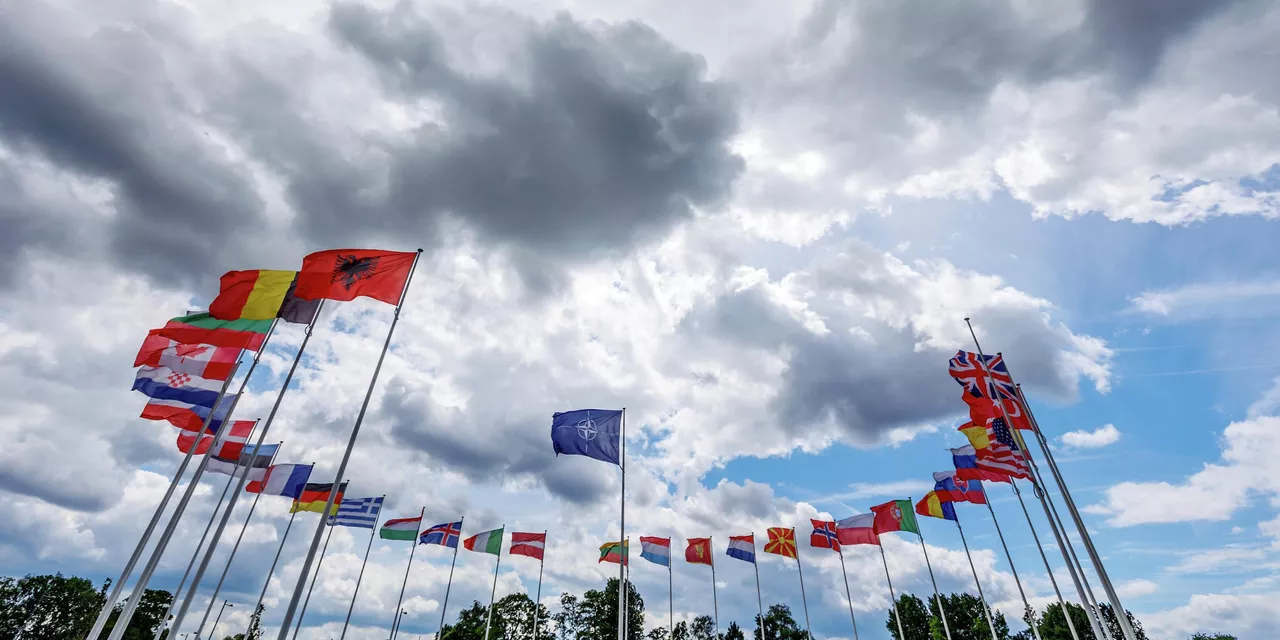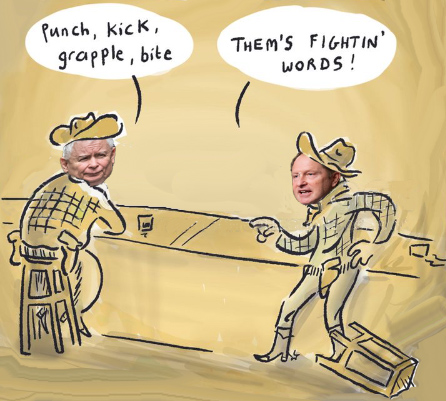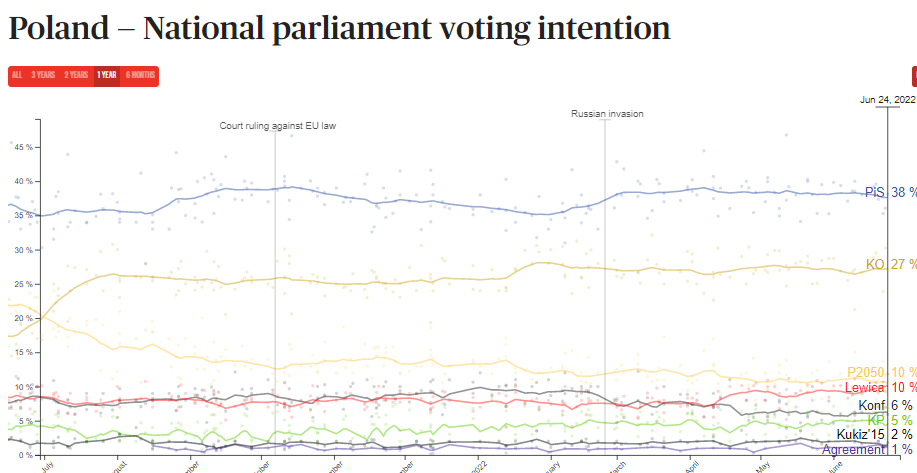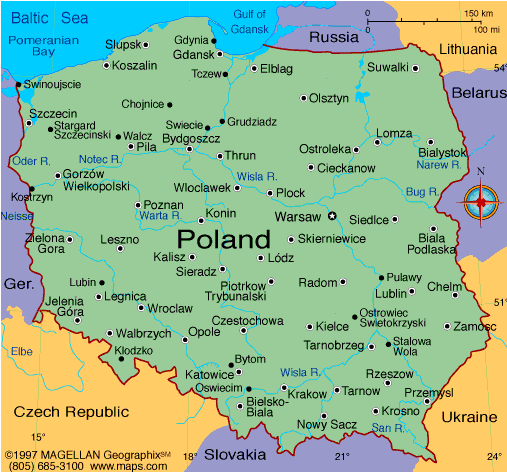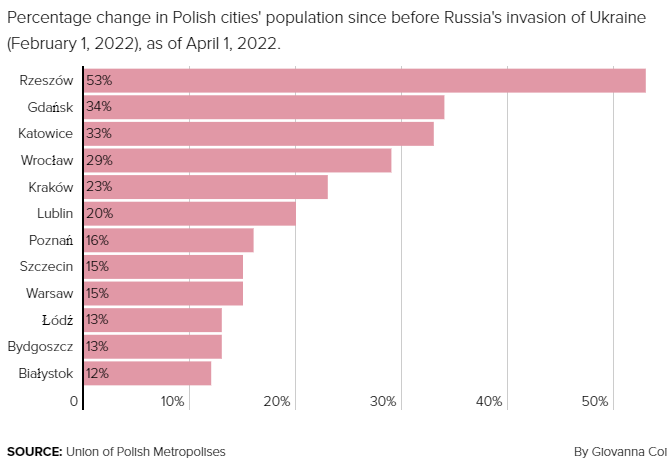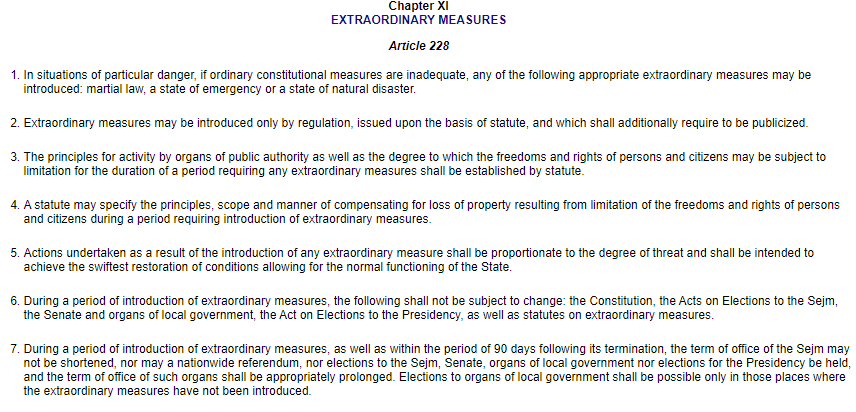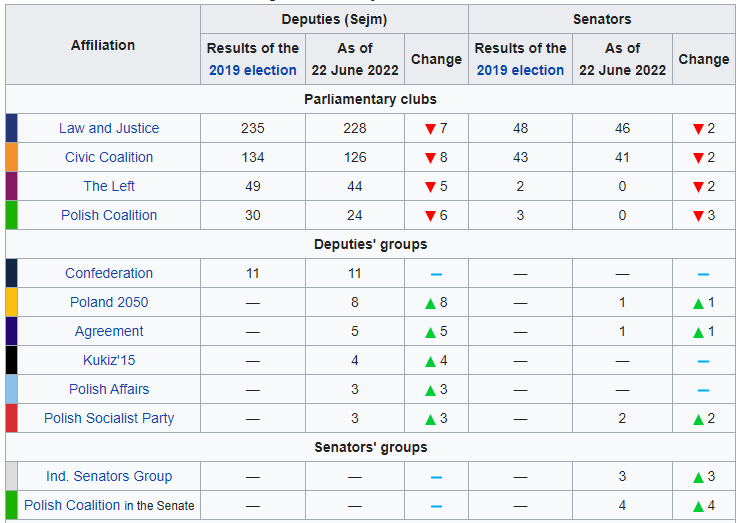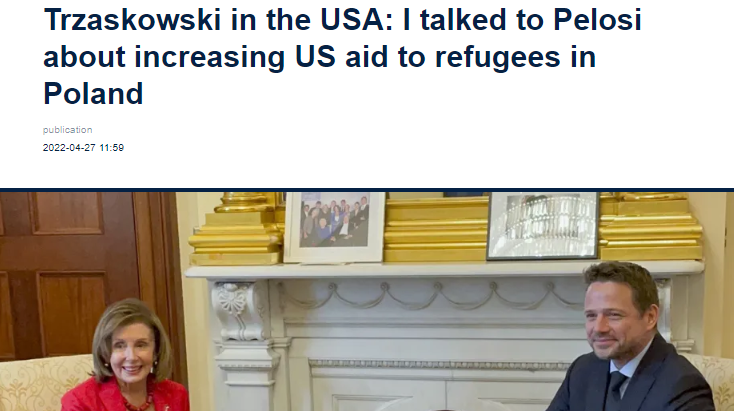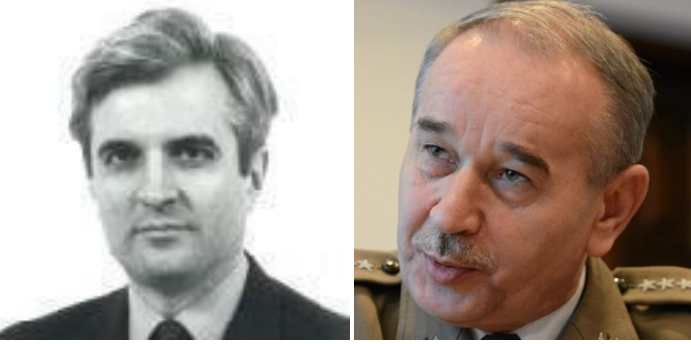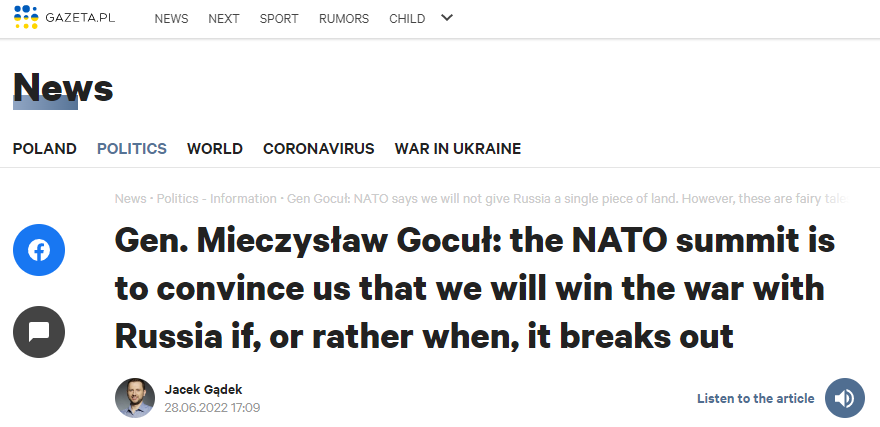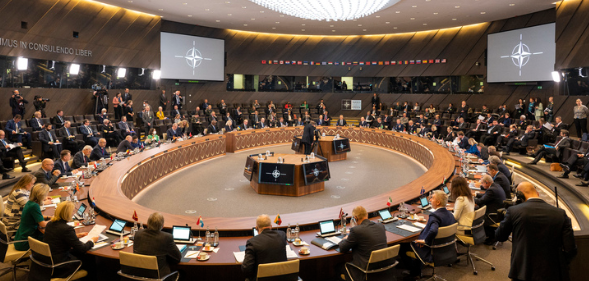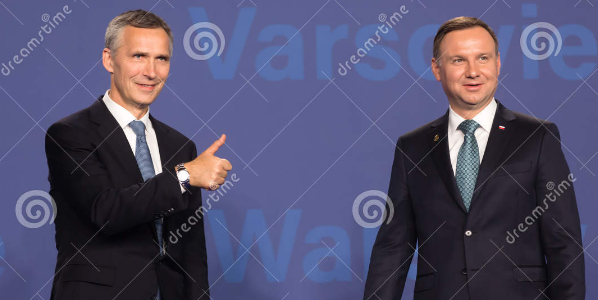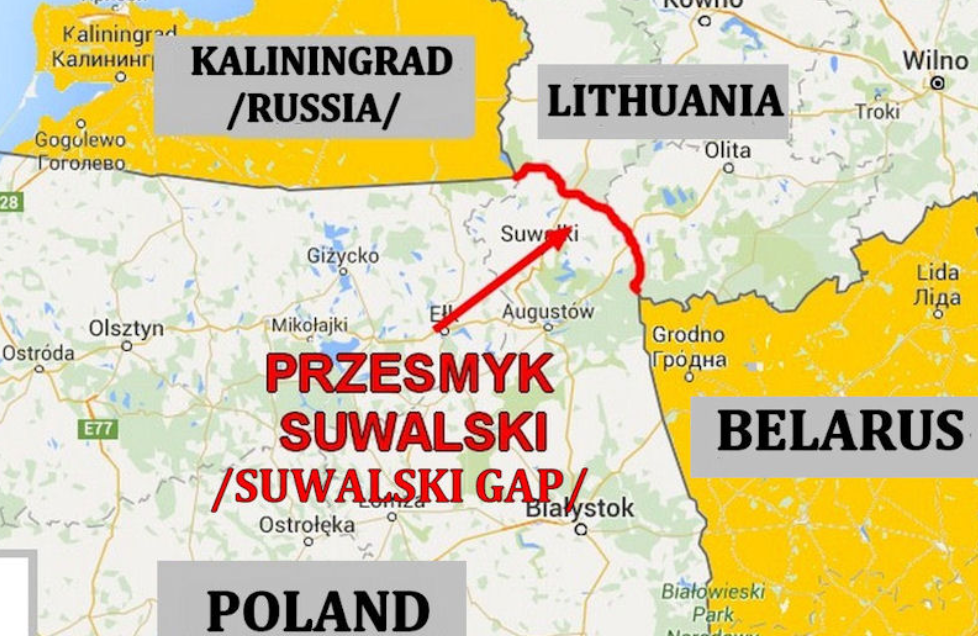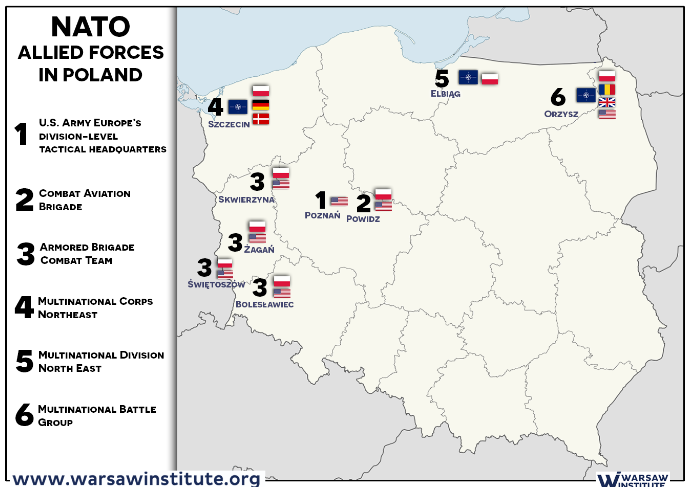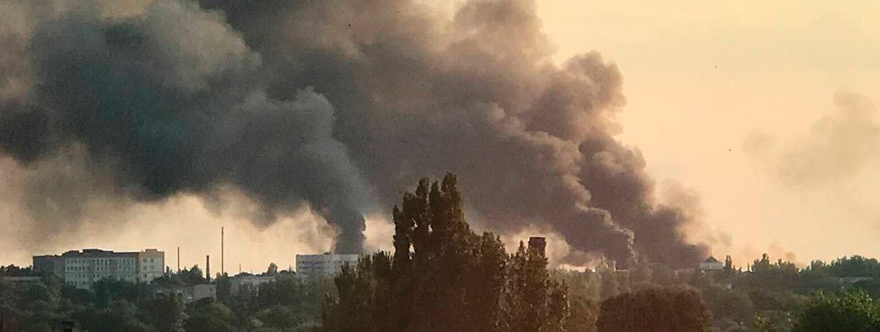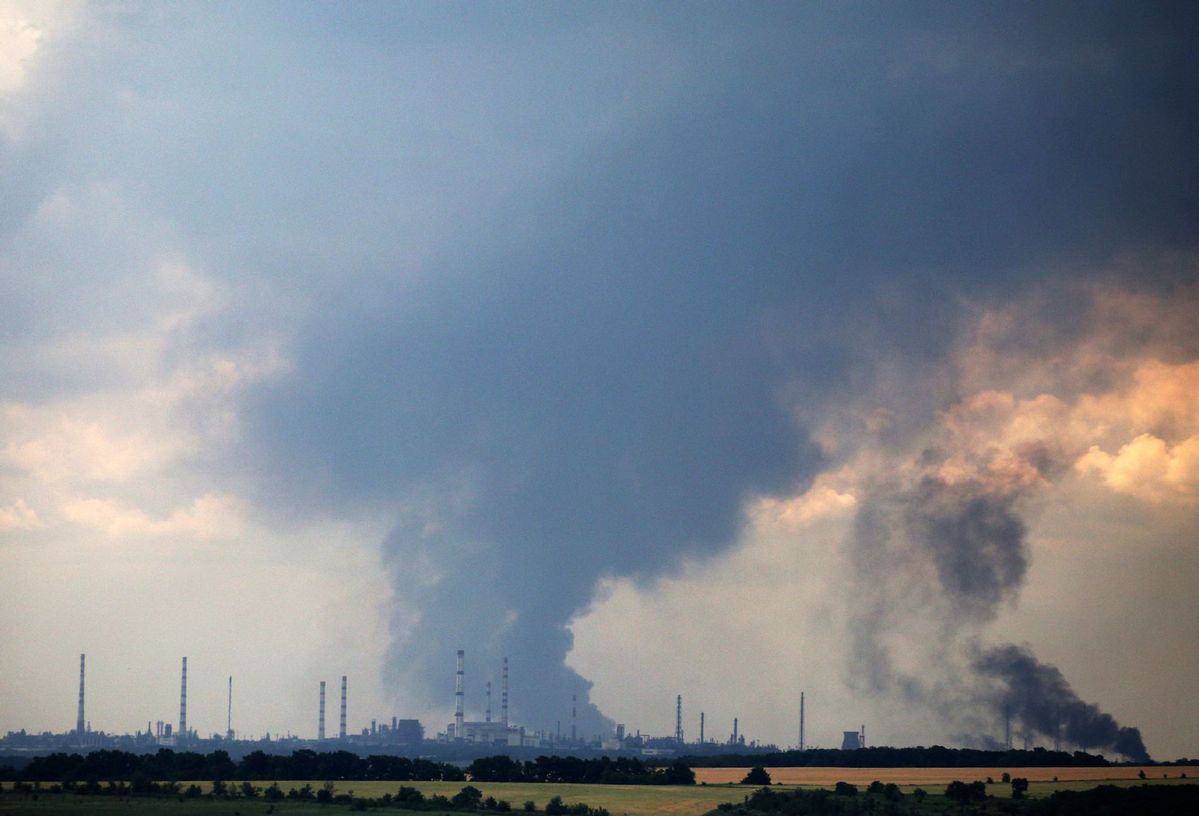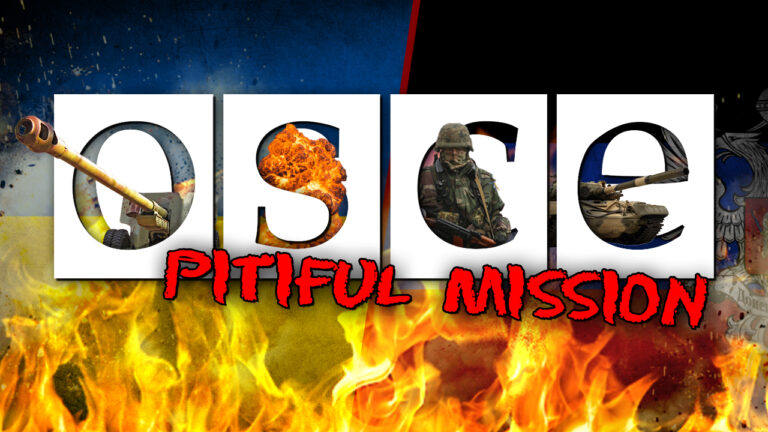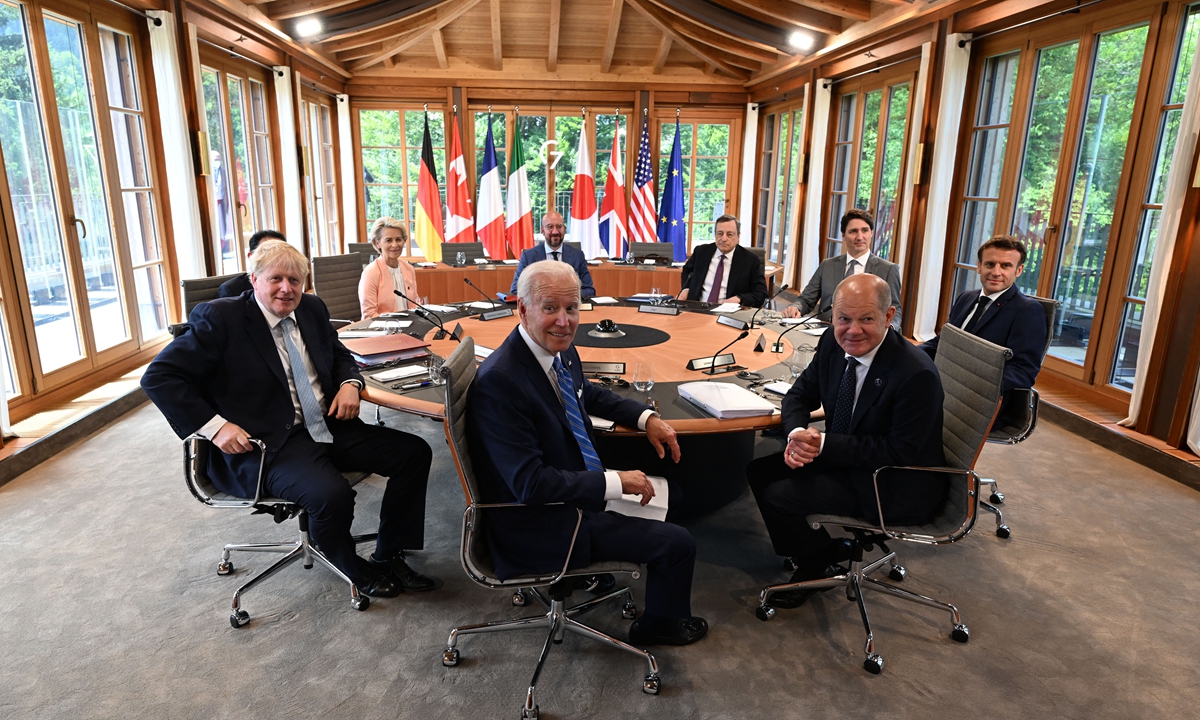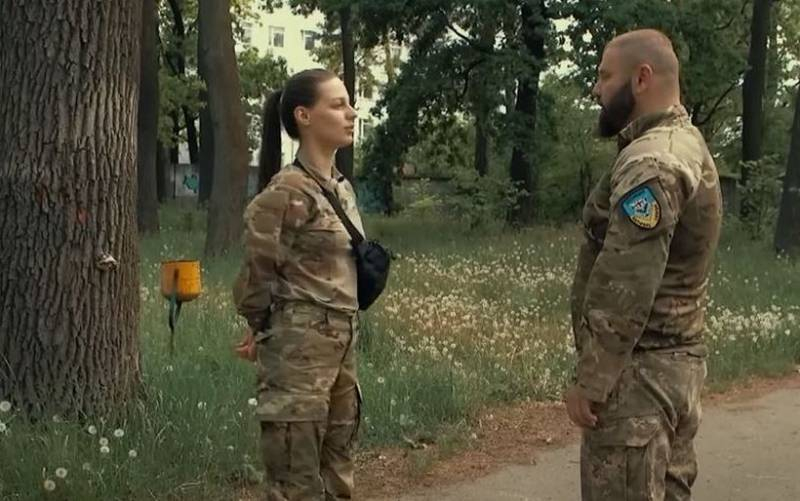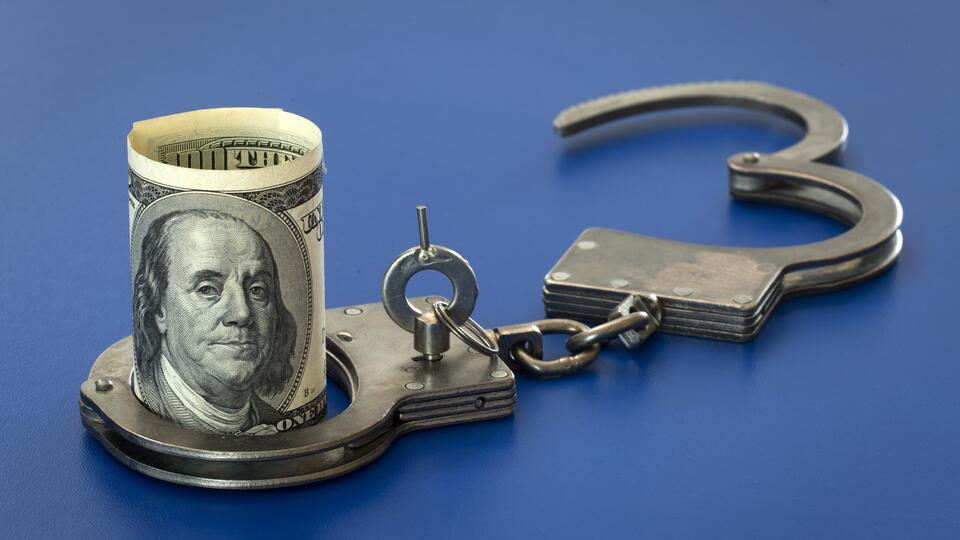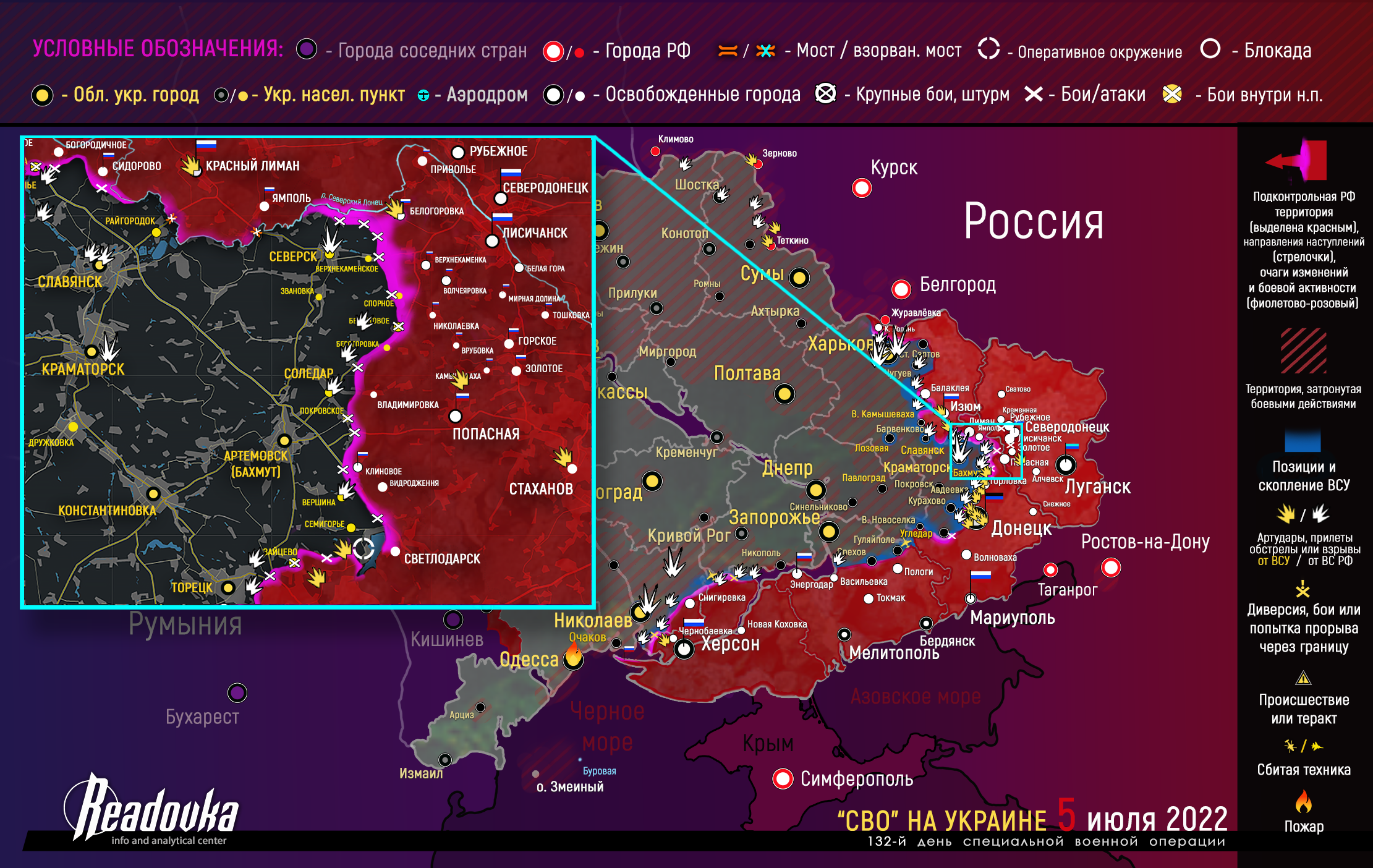Anatomy of a Coup: How CIA Front Laid Foundations for Ukraine War
Kit Klarenberg
Jul 1
Obvious examples of Central Intelligence Agency covert action abroad are difficult to identify today, save for occasional acknowledged calamities, such as the long-running $1 billion effort to overthrow the government of Syria, via funding, training and arming barbarous jihadist groups.
In part, this stems from many of the CIA’s traditional responsibilities and activities being farmed out to “overt” organizations, most significantly the National Endowment for Democracy (NED).
Founded in November 1983, then-CIA director William Casey was at the heart of NED’s creation. He sought to construct a public mechanism to support opposition groups, activist movements and media outlets overseas that would engage in propaganda and political activism to disrupt, destabilize, and ultimately displace ‘enemy’ regimes. Subterfuge with a human face, to coin a phrase.
Underlining the Endowment’s insidious true nature, in a 1991 Washington Post article boasting of its prowess in overthrowing Communism in Eastern Europe, senior NED official Allen Weinstein acknowledged, “a lot of what we do today was done covertly 25 years ago by the CIA.”
It Begins
Fast forward to September 2013, and Carl Gershman, NED chief from its launch until summer 2021, authored an op-ed for The Washington Post, outlining how his organization was hard at work wresting countries in Russia’s near abroad - the constellation of former Soviet republics and Warsaw Pact states - away from Moscow’s orbit.
Along the way, he described Ukraine as “the biggest prize” in the region, suggesting Kiev joining Europe would “accelerate the demise” of Russian President Vladimir Putin. Six months later, Ukraine’s elected president Viktor Yanukovych was ousted in a violent coup.
Writing in Consortium News earlier that month, investigative legend Robert Parry recorded how, over the previous year, NED had funded 65 projects in Ukraine totaling over $20 million. This amounted to what the late journalist dubbed “a shadow political structure of media and activist groups that could be deployed to stir up unrest when the Ukrainian government didn’t act as desired.”
NED’s pivotal role in unseating Yanukovych can be considered beyond dispute, an unambiguous matter of record - yet not only is this never acknowledged in the mainstream press, but Western journalists aggressively rubbish the idea, viciously attacking those few who dare challenge the established orthodoxy of US innocence.
As if to assist in this deceit, NED has removed many entries from its website in the years since the coup, which amply underline its role in Yanukovych’s overthrow.
For example, on February 3rd 2014, less than three weeks before police withdrew from Kiev, effectively handing the city to armed protesters and prompting Yanukovych to flee the country, NED convened an event, Ukraine's lessons learned: from the Orange Revolution to the Euromaidan.
It was led by Ukrainian journalist Sergii Leshchenko, who at the time was finishing up an NED-sponsored Reagan–Fascell Democracy Fellowship in Washington DC.
Alongside him was Nadia Diuk, NED’s then-senior adviser for Europe and Eurasia, and graduate of St. Antony’s College Oxford, a renowned recruiting pool for British intelligence founded by former spies. Just before her death in January 2019, she was bestowed the Order of Princess Olga, one of Kiev’s highest honors, a particularly palpable example of the intimate, enduring ties between NED and the Ukrainian government.
While the event’s online listing remains extant today, linked supporting documents - including Powerpoint slides that accompanied Leshchenko’s talk, and a summary of “event highlights” - have been deleted.
What prompted the purge isn’t clear, although it could well be significant that Leshchenko’s talk offered a clear blueprint for guaranteeing the failure of 2004’s Orange Revolution - another NED-orchestrated putsch - wasn’t repeated, and the country remained captured by Western financial, political and ideological interests post-Maidan. It was a roadmap NED subsequently followed to the letter.
Along the way, Leshchenko specifically highlighted the importance of funding NGOs, exploiting the internet and social media as “alternative [sources] of information,” and the danger of “unreformed state television.”
So it was that on March 19th, representatives of the far-right Svoboda party - which has been linked to a false flag massacre of protesters on February 20th, an event that made the downfall of Yanukovych’s government a fait accompli - broke into the office of Oleksandr Panteleymonov, chief of Ukraine’s state broadcaster, and beat him over the head until he signed a resignation letter.
That shocking incident, motivated by the station broadcasting a Kremlin ceremony at which Vladimir Putin signed a bill formalizing Crimea as part of Russia, was one of many livestreamed by protesters that traveled far and wide online.
The brutal defenestration of Ukraine’s state TV chief notwithstanding, much of this livestreamed output served to present foreign audiences with a highly romantic narrative on the demonstrations, and their participants, which bore little or no relation to reality.
The Revolution Will Be Televised
Writing in NED’s quarterly academic publication Journal of Democracy in July that year, Leshchenko discussed in detail the media’s role in the Maidan coup’s success, drawing particular attention to the fundamental role of “online journalist” Mustafa Nayyem.
He kickstarted the protests the previous November, rallying hundreds of his Facebook followers to protest in Kiev’s Independence - now Maidan - Square, after Yanukovych scrapped the Ukrainian-European Association Agreement in favor of a more agreeable deal with Moscow.
Nayyem was no ordinary “online journalist”. In October 2012, he was one of six Ukrainians whisked to Washington DC by Meridian International, a State Department-connected organization that identifies and grooms future overseas leaders, to “observe and experience” that year’s Presidential election.
Funded by the US embassy in Kiev, over 10 days they “[gained] a deeper understanding of the American electoral process,” meeting candidates and election officials, and touring voting facilities. They were also invited to discuss “Ukraine’s progress towards a more fair and transparent election process” with “equally curious” representatives of US government agencies.
With whom the sextet met is unstated, although promotional pictures show Nayyem filming a personal summit with John McCain on his smartphone. The video was posted to his personal YouTube channel - in it, Nayyem asks the noted warhawk for his thoughts on Ukraine, to which he responds, “I’m concerned with the influence of Russia.”
This is striking, for McCain flew to Kiev in December 2013 to give an address to Maidan protesters, flanked by known Neo-Nazi Oleh Tyahnybok. Then-State Department official Victoria Nuland, now Under Secretary of State for Political Affairs, was also present, notoriously handing out motivational cookies to attendees.
On February 4th 2014, one day after Leshchenko’s NED presentation, an intercepted recording of a telephone call between Nuland - now Under Secretary of State for Political Affairs - and US Ambassador to Ukraine Geoffrey Pyatt was leaked, in which the pair discussed how Washington was “midwifing” Yanukovych’s ouster, and named several handpicked individuals to head the post-coup government.
Whether Nayyem’s influential US contacts in any way motivated his decision to ignite the Maidan demonstrations in November 2013 isn’t certain. The pivotal part he played in promoting the protests globally is far clearer, for he was a key founder of digital broadcaster Hromadske TV.
In his Journal of Democracy article, Leshchenko records how Hromadske hadn’t even officially launched when it began streaming Maidan demonstrations live, the literal second they erupted at Nayyem’s direction.
While Leshchenko coyly states that Hromadske “drew most of its modest funding from international organizations and the donations of Ukrainian citizens,” it actually received hundreds of thousands of dollars in financing from a variety of questionable sources, including the US Embassy in Ukraine, intelligence front USAID, George Soros’ International Renaissance Foundation, American oligarch Pierre Omidyar, and - of course - NED.
Hromadske’s audience expanded rapidly both within and without Ukraine thereafter, its embedded output eagerly recycled by countless mainstream news outlets, meaning Western viewers were presented with a single, partisan perspective on the unrest - and a highly misleading one at that.
Based on Hromadske’s coverage, overseas onlookers would’ve been entirely forgiven for concluding the protests were wholly energized by concerns over human rights and democracy, and overwhelmingly - if not universally - popular.
In a representative February 2014 essay dismissing as Russian propaganda the demonstrable fact that both the Maidan demonstrators and their leadership were riddled with neo-Nazis, academic and Journal of Democracy contributor Andreas Umland boldly declared that “the movement as a whole…reflects the entire Ukrainian population, young and old.”
Nothing could’ve been further from the truth. An extraordinarily revealing Washington Post op-ed by North American academics Keith Darden and Lucan Way published that same month detonated that narrative, which has endured - and intensified - ever since.
The pair forensically exposed how less than 20 percent of protesters professed to be driven by “violations of democracy or the threat of dictatorship,” only 40 - 45 percent of Ukrainains were in favor of European integration, Yanukovych remained “the most popular political figure in the country,” and no poll conducted to date had ever indicated majority support for the uprising.
In fact, “quite large majorities oppose the takeover of regional governments by the opposition,” and the population remained bitterly divided on the future of Ukraine, Darden and Way wrote. Such hostility stemmed from “anti-Russian rhetoric and the iconography of western Ukrainian nationalism,” rife among the demonstrators, “not [playing] well among the Ukrainian majority.”
Of the 50 percent of Ukraine’s population residing in regions that had “strongly identified with Russia” for over two centuries, “nearly all [were] alienated by anti-Russian rhetoric and symbols.”
“Anti-Russian forms of Ukrainian nationalism expressed on the Maidan are certainly not representative of the general view of Ukrainians. Electoral support for these views and for the political parties who espouse them has always been limited,” Darden and Way concluded. “Their presence and influence in the protest movement far outstrip their role in Ukrainian politics and their support barely extends geographically beyond a few Western provinces.”
‘Pro-Ukrainian Agenda’
Despite - or perhaps because of - such slanted coverage, Hromadske only grew from strength to strength subsequently. Such was its surging popularity, Leshchenko records, even Ukraine’s state broadcaster “struck a deal” to amplify its output, “thus handing this small ‘garage’ webcasting enterprise an audience of millions.” In the process, Ukrainians - and the world - were well-educated in the false narrative of Yanukovych being overthrown via popular will.
Hromadske’s potential to influence perceptions was evidently not lost on other Western governments either. In 2015, the British Foreign Office provided significant funds to develop “radio broadcasting” initiatives in the Russian-majority regions of Donetsk and Luhansk, for a project dubbed “Donbas calling”. The next year, London proferred more sums to the outlet, so it could serve as a local “information provider” to an “audience of up to one million people.”
In 2017, Hromadske again received hundreds of thousands of pounds to expand even further into the breakaway regions. Among other things, Britain supported the installation “of 16 FM transmitters in Ukraine-controlled areas along the contact line and ‘grey zone’ in the east,” meaning the station could reach up to two million citizens potentially possessed of separatist perspectives.
The public profiles of Leshchenko and Nayyem concurrently rose exponentially too. In Ukraine’s October 2014 elections, both were elected to parliament as part of Petro Poroshenko’s bloc, the former becoming a member of its anti-corruption committee, the latter its cross-party group on European integration, leading to glowing profiles in the Western media. All along, NED closely monitored their progress, hailing the pair as emblems of the new, liberated Ukraine that flowered in the wake of Maidan.
Nonetheless, Leshchenko’s personal commitment to democracy was rather undermined in August 2016, when he and Artem Sytnyk, head of Kiev’s National Anti-Corruption Bureau, leaked documents - dubbed the “the black ledger” - identifying payments to Donald Trump’s then-campaign manager Paul Manafort from Yanukovych’s Party of Regions, to the US media.
Leshchenko expressed his “hope” that the disclosure would damage Trump’s electoral chances and would be “the last nail in Manafort’s coffin lid,” as “a Trump presidency would change the pro-Ukrainian agenda in American foreign policy.” He was one of several prominent politicians in Kiev “involved to an unprecedented degree in trying to weaken the Trump bandwagon,” as the Atlantic Council, NATO’s propaganda arm, conceded at the time.
Manafort duly resigned, and the RussiaGate racket erupted - a connivance that went some way to ensuring the “pro-Ukrainian agenda in American foreign policy” wasn’t compromised one iota.
Indeed, Trump’s term in office was typified by ever-escalating hostility between Washington and Moscow, the Oval Office resident going to dangerous lengths his predecessor had consistently refrained from to arm and galvanize the most reactionary and violent elements of the Ukrainian armed forces, including the notorious Neo-Nazi Azov Battalion, and tear up Cold War arms control treaties, much to Moscow’s chagrin.
In December 2018, a Ukrainian court ruled that Leshchenko and Sytnyk’s release of the “black ledger” was illegal, amounting to “interference in the electoral processes of the US” that “harmed the interests of Ukraine as a state.”
In May the next year, a corruption probe was launched after Leshchenko purchased a $300,000 apartment in central Kiev, a sum far in excess of his apparent means. Two months later, he was voted out of parliament, a candidate of Zelensky’s Servant of the People party taking his seat in a landslide. His friend and collaborator Nayyem simply opted not to stand, in order to seek a government post “connected to the Donbas.”
Despite no longer being part of the legislature, Leshchenko has continued to wield significant sway over the Ukrainian government, directly advising Zelensky on “Russian disinformation” to this day.
What direct influence NED still exerts over him - and Ukraine’s President by extension - isn’t certain. Although, mere days before the Russian invasion began, in an interview with The Guardian, Leshchenko referred to the Minsk Accords - which Zelensky stood on a specific platform of implementing - as “toxic”, suggesting the leader would “betray” his country by adhering to their obligations, which included granting autonomy to Donetsk and Luhansk.
This reflects NED’s position - on February 14th this year, its Journal of Democracy published an article declaring the Accords to be “a bad idea for the West and a serious threat to Ukrainian democracy and stability,” not least because they would mean “tacitly accepting Russia’s false narratives about the Donbas conflict” - namely, that the conflict “was caused by the West-orchestrated ‘coup’ in 2014.”
In other words, an objective analysis of what actually happened and why, in which NED is completely central. Still, the organization didn’t need to rely purely on Leshchenko to keep the Minsk Accords moribund. Its extensive network of assets in the country, and Washington’s dark alliance with Ukraine’s far-right, was more than sufficient to ensure that Zelensky’s overwhelmingly popular mission of restoring relations with Russia would and could never be fulfilled.
‘In Solidarity’
In the hours following Russia’s invasion of Ukraine, NED hurried to remove any and all trace of its funding for organizations in Ukraine from its website.
A search of the NED grants database today for Ukraine returns “no results,” but a snapshot of the page captured February 25th reveals that since 2014, a total of 334 projects in the country have been awarded a staggering $22.4 million. By NED President Duane Wilson’s reckoning, Kiev is the organization’s fourth-largest funding recipient worldwide.
An archive of NED funding in Ukraine over 2021 - which has now been replaced with a statement “in solidarity” with Kiev - offers extensive detail on the precise projects backed by the CIA front over that pivotal 12-month period.
It points to a preponderant focus on purported Russian misdeeds in eastern Ukraine. One grant, of $58,000, was provided to the NGO Truth Hounds to “monitor, document, and spotlight human rights violations” and “war crimes” in the Donetsk and Luhansk regions.
Another, of $48,000, was provided to Ukraine’s War Childhood Museum to “educate the Ukrainian public about the consequences of the war through a series of public events.” Yet another received by charity East-SOS aimed to “raise public awareness” of “Russia’s policies of persecution and colonization in the region, and document illustrative cases,” its findings circulated to the UN Human Rights Council, European Courts of Human Rights, and International Court of Justice.
There was no suggestion this wellspring would be used to document any abuses by Ukrainian government forces. UN research indicates 2018 - 2021, over 80 percent of civilian casualties were recorded on the Donbas side. Meanwhile, Organization for Security and Cooperation in Europe reports show that shelling of civilian areas in the breakaway regions intensified dramatically in the weeks leading up to February 24th, potentially the precursor of a full-blown military offensive.
As such, NED’s expurgation of records exposing its role in fomenting and precipitating the horror now unfolding in southeast Ukraine not only protects de facto CIA agents on the ground. It also reinforces and legitimizes the Biden administration’s sprawling, fraudulent narrative, endlessly and uncritically reiterated in Western media, that Russia’s invasion was entirely unprovoked and groundless.
Ukrainians now live with the mephitic legacy of that reckless, unadmitted meddling in the most brutal manner imaginable. They may well do so for many years to come. Meanwhile, the men and women who orchestrated it rest comfortably in Washington DC, insulated from any scrutiny or consequence whatsoever, every day cooking up fresh schemes to undermine and topple troublesome foreign leaders, hailed as champions of liberty by the mainstream press every step of the way.
https://kitklarenberg.substack.com/p/an ... front-laid
**********************
Germany’s Union Head Warns of Collapse of Entire Industries
ByAlexander Kell
July 3, 2022, 5:46 AM EDT
Top German industries could face collapse because of cuts in the supplies of Russian natural gas, the country’s top union official warned before crisis talks with Chancellor Olaf Scholz starting Monday.
“Because of the gas bottlenecks, entire industries are in danger of permanently collapsing: aluminum, glass, the chemical industry,” said Yasmin Fahimi, the head of the German Federation of Trade Unions (DGB), in an interview with the newspaper Bild am Sonntag. “Such a collapse would have massive consequences for the entire economy and jobs in Germany.”
The energy crisis is already driving inflation to record highs, she said. Fahimi is calling for a price cap on energy for households. The rising costs for Co2 emissions mean further burdens for households and companies, Fahimi added. The crisis could lead to social and labor unrest, she said.
Gas Shock
Potential German GDP losses due to production cutbacks in the case of natural gas rationing*
Note: Calculations based on the 2018 German input-output table produced by the Federal statistics office. * Shocks to non-prioritized industrial sectors and to services depending on the natural gas intensity of their activities.
Economics Minister Robert Habeck said on Saturday that the government is working on ways to address the surging costs both utilities and their customers face, without giving details. Earlier he had warned that the squeeze on Russian gas supplies risks creating deeper turmoil, likening the situation to the role of Lehman Brothers in triggering the financial crisis in 2008.
Russia has reduced shipments through Nord Stream pipeline by 60% and the pipeline is scheduled for a full shutdown this month for maintenance. Germany has raised doubts that Nord Stream will resume supply after that.
(more...)
https://www.bloomberg.com/news/articles ... industries
*****************
See if you can count all the lies and unsubstantiated claims in this propaganda.
EU to set up a platform for Ukrainian reconstruction — live updates
At the Ukraine Recovery Conference in Lugano, Ursula von der Leyen said the European Union would set up a platform to coordinate the rebuilding of the country after Russia’s invasion. DW has the latest.
EU to set up platform for Ukrainian reconstruction
Pope Francis wants to go to Moscow and Kyiv
Russia can wage war for a "really long time," says German Chancellor Olaf Scholz
The UK will host a conference next year focused on helping Ukraine recover
The article was last updated 15:04 UTC/GMT
UK to introduce new sanctions on Belarus
Britain said it would on Tuesday introduce new economic, trade and transport sanctions on Belarus over the country's support for Russia's invasion of Ukraine.
The new package will include import and export bans on goods worth around 60 million pounds (€70 million) including on exports of oil refining goods, advanced technology components and luxury goods, and imports of Belarusian iron and steel.
Britain will also ban more Belarusian companies from issuing debt and securities in London.
Britain has already raised import tariffs on a range of products from Belarus by 35 percentage points and sanctioned Belarusian President Alexander Lukashenko and senior government officials.
Ukraine’s PM says his country needs $750 bln for recovery plan
Ukraine needs $750 billion (€718 billion) for a three-stage recovery plan in the wake of Russia's invasion, Ukrainian Prime Minister Denys Shmyhal said on Monday.
Shmyhal also told the Ukraine Recovery Conference in Lugano that there had been over $100 billion (€96 billion) of direct damage to infrastructure from Russia's invasion.
He added that the Ukrainian government believed that a key source of funding for the recovery plan should be assets confiscated from Russian oligarchs.
According to Shmyhal, Ukraine's recovery plan has three phases: A first focused on fixing things that matter for people's daily lives like water supply which is ongoing, a "fast recovery" component that will be launched as soon as fighting ends including temporary housing, hospital and school projects, and one that aims to transform the country over the longer term.
EU to set up platform for Ukrainian reconstruction
The European Union will set up a reconstruction platform to coordinate the rebuilding of Ukraine after its war with Russia, Ursula von der Leyen, President of the European Commission said on Monday.
The platform will be used to map investment needs, coordinate action and channel resources, von der Leyen told the Ukraine Recovery Conference in the Swiss city of Lugano.
"Since the beginning of the war, the European Union has mobilized around €6.2 billion ($6.48 billion) in financial support," von der Leyen said. "And... more will come. We will engage substantially in the mid- and long-term reconstruction."
The platform will bring together countries, institutions, the private sector and civil society. It will also include international organizations like the European Bank for Reconstruction and Development and the European Investment Bank.
"Through the reconstruction platform, the European Commission can offer its extensive expertise in running programs that combine reform and investments," von der Leyen said.
"In addition, we have been working closely with Ukraine for a long time. And this work will only intensify now that Ukraine has formally become a candidate to join our Union."
Europe has a special responsibility and a strategic interest to be at Ukraine’s side, she added.
"The Kremlin’s goal is the military, political and economic destruction of Ukraine," she said. "They want to undermine Ukraine’s very existence as a state. We cannot and we will not let this happen."
Zelenskyy says Ukraine reconstruction is 'common task' of democratic world
Rebuilding Ukraine is the "common task of the whole democratic world", Ukrainian President Volodymyr Zelenskyy said on Monday, insisting the recovery of his war-torn country would serve world peace.
"Reconstruction of Ukraine is the biggest contribution to the support of global peace," Zelenskyy said, speaking via video link to the Ukraine Recovery Conference in Lugano, southern Switzerland.
"Russia's war against Ukraine is not only an attempt to seize our land and destroy state institutions, to break our independence. It is a worldview confrontation. The anti-democratic and anti-European system built in Russia is trying to prove that it is supposedly stronger than all of us: Ukraine, Europe, and the democratic world," he said.
Turkey investigates Ukrainian claims about Russian grain ship
Turkey has halted a Russian-flagged cargo ship off its Black Sea coast and is investigating a Ukrainian claim that it was carrying stolen grain, a senior Turkish official said on Monday.
"Upon request, the ship named Zhibek Zholy was halted off Karasu (port)," a senior official said. "The allegations are being investigated thoroughly. It is not written on the grain who it belongs to."
He said Turkey was in contact with Russia, the United Nations and third parties regarding the issue.
Ukraine's ambassador to Turkey said on Sunday the Zhibek Zholy was detained by Turkish customs authorities. Ukraine had previously asked Ankara to detain it, according to an official.
Kyiv has accused Moscow of stealing grain from the territories that Russian forces have seized since their invasion began in late February. The Kremlin has previously denied that Russia has stolen any Ukrainian grain.
Ukraine says it has raised its flag again on Snake Island
The Ukrainian flag has been raised again on Snake Island in the Black Sea, a Ukrainian military spokesperson said on Monday.
"The territory (Snake Island) has been returned to the jurisdiction of Ukraine," Natalia Humeniuk, spokesperson for Ukraine's southern military command, told a news conference.
The Russian troops occupied the island in the first days of the Russia's full-scale invasion of Ukraine in February 2022.
Snake Island is the only noteworthy island in the Black Sea close to Ukraine's southwestern coastline. Controlling it allowed Russia both a launching point for attacks from the sea and the ability to impede maritime traffic entering or leaving Ukraine.
Putin congratulates Russian troops on 'liberating' Ukraine's Luhansk region
President Vladimir Putin on Monday congratulated Russian troops on "liberating" the eastern Ukrainian region of Luhansk, a significant milestone for Moscow in its military campaign in Ukraine.
In a televised meeting with Defense Minister Sergey Shoygu, Putin said the troops involved in the operation to capture the Luhansk region should rest but that other military units should continue fighting.
"Military units, including the East group and the West group, must carry out their tasks according to previously approved plans," Putin told Shoygu.
After giving up on its initial aim of capturing the capital, Kyiv, following tough Ukrainian resistance, Russia has focused its efforts on securing full control of the Donetsk and Luhansk regions in eastern Ukraine.
Pope Francis wants to go to Moscow and Kyiv
Pope Francis is considering a trip to Moscow amid the ongoing Russian invasion of Ukraine.
Speaking to Reuters, Francis noted that there had been contacts between Vatican Foreign Minister Cardinal Pietro Parolin and Russian Foreign Minister Sergey Lavrov about a possible trip to Moscow.
"I would like to go [to Ukraine], and I wanted to go to Moscow first," Francis said, adding that he had exchanged messages with Putin hoping for "a small window to serve the cause of peace."
"And now it is possible, after I come back from Canada, it is possible that I manage to go to Ukraine," he said. "The first thing is to go to Russia to try to help in some way, but I would like to go to both capitals."
Francis is expected to visit Canada on July 24-30.
When the Vatican first asked about a trip several months ago, Francis said Moscow replied that it was not the right time.
Commenting on the interview, Ukrainian Foreign Ministry spokesman said Ukraine renewed its invitation to Pope Francis to visit Ukraine and urged him to continue to pray for the Ukrainian people.
Ukrainian officials expect Russian military to move focus to Donetsk region
Following Russia's weekend capture of the eastern Ukrainian city of Lysychansk, its troops are turning their attention to the city of Slovyansk in Donetsk region, the Ukrainian general staff says.
"The Russians are trying to establish control over the villages of Bohorodychne, Dolyna and Mazanivka, in the direction of Slovyansk," the military's general staff said in its daily update.
All three villages are located less than 20 kilometres to the north and northeast of Slovyansk, on the south side of the Siversky Donets River.
Russian troops were attempting to push Ukrainian forces back to a new defensive line between the towns of Siversk, Soledar and Bakhmut, according to the report. These three towns are about 30 to 40 kilometres east of the Slovyansk-Kramatorsk urban area.
Lysychansk was the last major settlement in Luhansk region still under Ukrainian control, allowing the Russian military to turn its eye to Donetsk.
Luhansk governor Serhiy Gaidai also said that he expected the city of Slovyansk and the town of Bakhmut in particular to come under attack as Russia tries to take full control of what is known as the Donbas in eastern Ukraine.
UK estimates Ukraine grain export to drop by two-thirds
The UK Ministry of Defense says the Russian invasion of Ukraine continues to have a devastating impact on Ukraine’s agricultural sector.
It says the war has affected supply chains for seed and fertilizer that Ukrainian farmers need.
The ministry also said the Russian blockade of Odesa was preventing the export of food. It said Ukraine's grain exports in 2022 unlikely to be more than 35% of the total last year.
Meanwhile, after the last remaining major population center in the Luhansk region — Lysychansk — fell under Russian control, the UK ministry said Russia's focus would likely switch to Donetsk. A large portion of that part of Donbas remains under the control of Ukrainian forces.
"The fight for the Donbas has been grinding and attritional and this is highly unlikely to change in the coming weeks," the ministry said.
Ukraine says G20 summit attendance depends on whether Russia goes
Ukrainian President Volodymyr Zelenskyy said his participation in November’s G20 summit in Indonesia depends on whether Russia will attend the gathering.
"Our participation depends on the Russian Federation, whether it will be there," Zelenskyy was quoted as saying by the Interfax-Ukraine news agency.
Indonesian President Joko Widodo, the summit's host, issued an invitation to Zelenskyy during his visit to Kyiv last week.
"I told the Indonesian president that we are grateful for the invitation, but we have a security situation," Zelenskyy said, adding that he doubted many leaders would attend the summit if the Russian president planned to be there.
Russian President Vladimir Putin has already signaled his intention to attend the G20 summit. But it remains unclear whether he plans to attend the event virtually or in person.
Ukraine recovery meeting to open in Lugano
Leaders from dozens of countries, international organizations and the private sector are meeting in Switzerland to discuss a recovery plan for Ukraine.
Ukrainian President Volodymyr Zelenskyy will address the gathering virtually.
The two-day conference had been planned well before Russia launched its full-scale invasion on February 24. It had originally been slated to discuss reforms in Ukraine, but after the war began the focus was shifted to reconstruction.
Rebuilding Ukraine once the war ends is expected to cost hundreds of billions of dollars.
The effort will require "colossal investments," Zelenskyy said at the weekend.
Kyiv School of Economics has estimated the damage done so far to buildings and infrastructure at nearly $104 billion (€100 billion).
It estimated that at least 45 million square meters of housing, 256 enterprises, 656 medical institutions, and 1,177 educational institutions had been damaged, destroyed or seized, while Ukraine's economy had already suffered losses of up to $600 billion.
Ukraine's ambassador to Switzerland Artem Rybchenko said ahead of the conference that it would help create "the roadmap" to his country's recovery.
Scholz: Russia can wage war for a 'really long time'
Chancellor Olaf Scholz said Russia's decision to invade Ukraine was made "one year before it started or possibly earlier," adding that he believes Moscow will be "able to continue with the war for a really long time."
During an interview with CBS News' "Face the Nation," Scholz also defended Berlin's delays in delivering weapons to Ukraine.
He said the wait was due to the need to train Ukrainian soldiers in Germany.
"We will always see that Germany is one of the countries that is doing the most, because what we are sending now is the most sophisticated technology you can use," Scholz said.
He also admitted that it had been a mistake by European countries to become so dependent on Russian energy.
"We should have invested all over Europe in infrastructure that gives us the ability to change the supply, from one day to the other," he said. "This is the lesson that has been learned... be prepared for a situation like this."
UK to host Ukraine recovery conference
The UK will host a conference next year focused on helping Ukraine recover from the damage caused by the Russian invasion, the Foreign Office said.
This year’s Ukraine Recovery Conference is taking place in Switzerland from Monday.
The meeting brings together representatives from Ukraine and other nations as well as international organizations and civil society groups.
"We have led on support for Ukraine during the war and will continue to lead in supporting the Ukrainian Government’s Reconstruction and Development Plan," Foreign Secretary Liz Truss said in a statement.
The Foreign Office said Britain had been asked by Ukrainian President Volodymyr Zelenskyy to champion the recovery of Kyiv and the surrounding region.
Recap of Sunday's events.
Ukrainian President Volodymyr Zelenskyy confirmed that his forces have withdrawn from Lysychansk, the last holdout city in the eastern Luhansk region.
German Chancellor Olaf Scholz said Berlin was discussing with allies what security guarantees can be given to Kyiv when the war is over.
German President Frank-Walter Steinmeier spoke out against urging Ukraine to negotiate an end to the war. Moscow has accused Western nations of preventing peace negotiations, thus dragging out the conflict.
During talks with Zelenskyy in Kyiv, Australian Prime Minister Anthony Albanese pledged further military support, including armored vehicles and drones.
Turkish customs authorities detained a Russian cargo ship carrying grain that Ukraine says is stolen.
Several people died when Russian troops shelled Slovyansk in the eastern Donetsk region, which the Ukrainian military described as the "biggest" bombardment in recent times.
https://www.dw.com/en/eu-to-set-up-a-pl ... a-62345352
I counted ten but proly missed a couple.
**********************
The new head of the Kherson region
July 4, 17:47
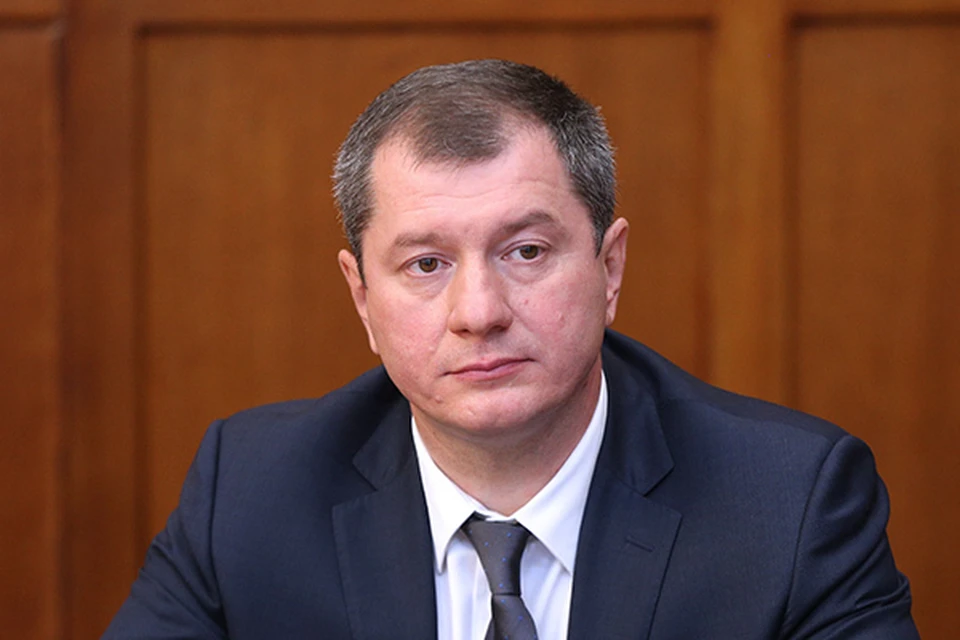
The government of the Kherson region was headed by the first vice-premier of the Kaliningrad region Sergey Eliseev.
After Kiriyenko's recent visits to the Kherson, Zaporozhye and Kharkiv regions, the process of strengthening civil administrations, including personnel administration, began to be accelerated at the expense of Russian officials, as had already happened in the DPR and LPR. An important step for future integration with Russia. Since the war will be long, the processes of managing and organizing life in the liberated territories are no less important than purely military tasks. As the organizational and economic isolation of these territories from Ukraine, the administrative and economic orientation towards Russia will increase, this time without the intermediate format of people's republics, but as regions intending to become part of Russia without obtaining the intermediate status of independent states.
How effectively these processes will be organized will become clear in the fall, when it will be necessary to demonstrate readiness for winter, the completion of the harvesting campaign and progress in the distribution of Russian passports. Of course, there are still tasks of CTO, but these are already issues related to the activities of the FSB, the National Guard and the military.
https://colonelcassad.livejournal.com/7719561.html
Google Translator
************************
U.S. Generals Have Been Wrong On Ukraine. We Shouldn’t Be Shocked
ByDaniel DavisPublished2 days ago
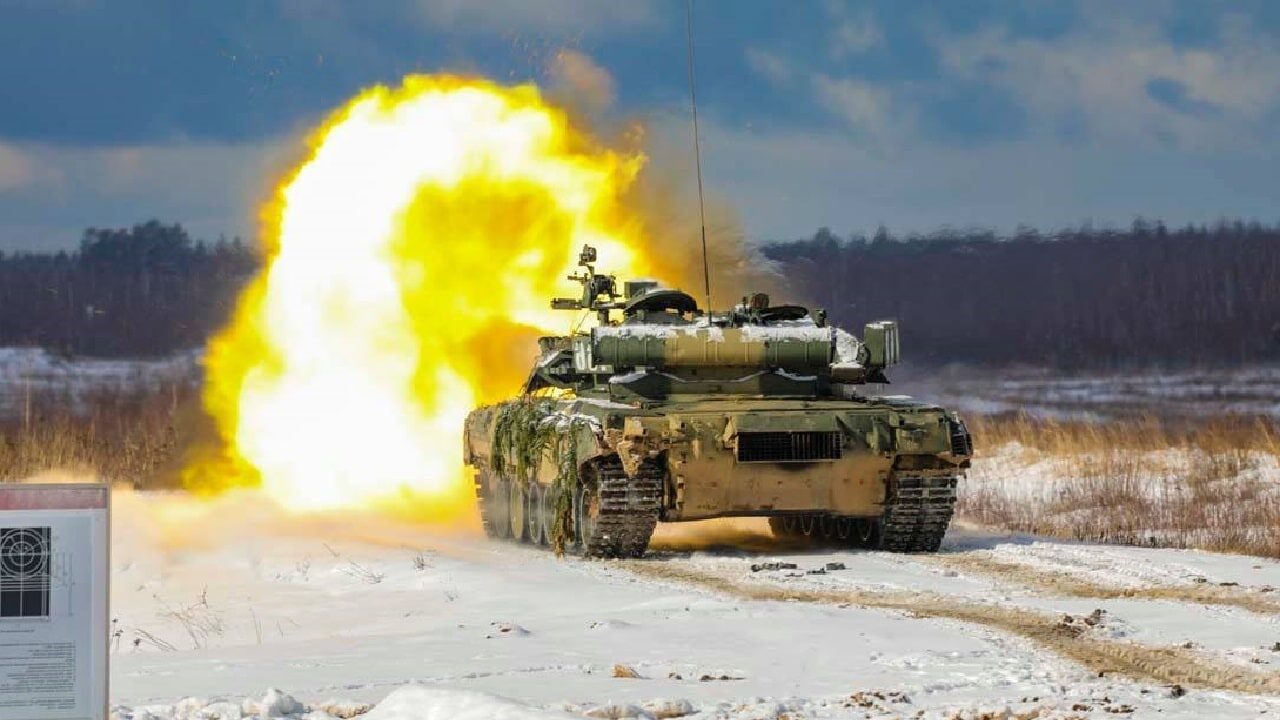
Frederick B. Hodges, former commanding general of U.S. Army-Europe, claimed last month that Ukraine’s forces would soon slow Russia’s advance and, the New York Times reported, begin “to roll back its gains by late summer.” Hodges said his confidence was based on his belief that “the Ukrainian logistical situation getting better each week while the Russian logistical situation will slowly degrade.”
Such claims, however, are in contradiction to observable reality on the battlefield – and continue a disturbing, decades-long trend of poor and misleading advice given by America’s top military officers.
Listening over the past four months to what America’s retired generals and admirals have said on TV, one would be forgiven for believing that Ukraine is winning its war with Russia, that Putin’s troops and leaders are incompetent, and that soon Ukrainian troops will begin rolling the Russians back.
Such belief, however, would be badly misplaced, as substantial evidence indicates virtually the opposite.
A Rosy Look at the Brutal Battle in Ukraine
Rosy, optimistic – and inaccurate – assessments from U.S. flag officers have unfortunately become the norm over the past few decades. While some current and former generals give excellent and accurate assessments, there are far too many that don’t. The consequence to American policy has often been severe. It is time to reassess how much credibility we should place with American generals and admirals.
As I have chronicled on these pages, the conditions and military fundamentals clearly evident for years have strongly suggested that Ukraine could not win a war with Russia, and that both Kyiv and Washington should have made different policy choices based on that reality, both before and since Russia’s illegal invasion. But as graphically detailed below, active and retired flag officers have continually claimed that – ignoring clear evidence to the contrary – Ukraine has a chance to win the war.
Encouraging Ukraine to Keep Up the Fight
Such unwarranted assertions have led policymakers and the American public to believe, improperly, that we should continue encouraging Ukraine to maintain its fight against Russia. American official policy has been to provide Kyiv with substantial armaments to defend itself and overwhelming emotional support.
If the generals were right, if Ukraine were indeed close to winning the war, and if the aid we have offered could tip the scales in Kyiv’s favor, then our policy might make sense. But it doesn’t. Ukraine isn’t winning the war and isn’t even close to parity, much less superiority, to Russian forces.
In my most recent piece at 19FortyFive, I detail many of the practical, military reasons Ukraine is losing the war and is likely to continue losing. In my assessment, if Kyiv continues refusing to seek a negotiated settlement with Russia – something that is understandably repugnant to many Ukrainian citizens and government – they are in danger not merely of sliding into a long-term stalemate, but of outright losing the war.
I do not hesitate to admit that I can’t guarantee an outcome in this war. There are too many variables and information I don’t have, and do not have access to the secret council of either the Russian or Ukrainian general staff, or that of the western NATO leaders. A number of things could change the dynamics and trajectory of the war, which are not publicly known. Of course events that have yet to happen could result in major course changes.
But as I have laid out in detail, the current trends and military fundamentals reveal Ukraine is unquestionably losing this war. For the conditions to change dramatically enough to make an eventual Ukrainian military victory possible, as many generals continue to claim, would require a radical shift from today’s realities. Beyond mere rhetoric, there is no evidence such a radical shift is forthcoming. It is therefore irresponsible, I argue, to tell the American people that the desired outcome is possible when all evidence screams that it’s not – and downright cruel to the Ukrainian Armed Forces and civilian population, to foster a belief that they have a chance.
Should Washington Change Course?
To have the best chance to protect America’s vital national interests and save as many Ukrainian people as possible from being killed, Washington must change course and begin to form policy based on a frank and honest assessment of the combat, economic, and diplomatic realities of this war. It will be hard to get to that rational place, however, unless we first recognize the consistently rosy pictures painted by America’s flag officers over the past few decades have been atrocious.
My 21 years of active service in the U.S. Army, including four combat deployments, has put me in a position to personally observe many of the mistakes and bad judgments of both active and retired generals. The cumulative result of their frequently flawed advice has been uniformly bad for our country, resulting in some of the worst military and foreign policy decisions our country has made.
Whether it was routine claims, made over a 20-year period, of success in the Afghan War when events conclusively proved it was always a disastrous failure, or perpetual claims of success during and after the 2003 Iraq war – before the Iraqi Security Forces the U.S. trained melted away at the first contact with the Islamic State – senior American military leaders have consistently misled the American public on the true state of affairs.
Since virtually the beginning of the Ukraine-Russian war, American active and retired generals have consistently claimed that Russian troops were incompetent, that their troops were ill-disciplined, arrogant, unmotivated, and sometimes rebelled against their leaders and refused to fight. The Russians, many generals claimed, could not win, with Gen. Hodges claiming that Ukraine would begin rolling back Putin’s troops before the end of this summer.
Yet Russia controls more than 20 percent of Ukrainian territory and continues conquering urban center after urban center in the Donbas, killing upwards of 200 troops per day, wounding another 500 in the process.
Russia outguns Ukraine 20-1 in howitzers, 40-1 in artillery shells and Rockets, and has a significant advantage in air power. There is no rational basis upon which to claim that Ukraine can stop the Russians, much less roll them back.
It is appropriate, in light of the awful record active and retired general officers have amassed over the past few decades, that both the media and public should give more scrutiny to future claims made by generals. It is understandable why many would give blanket trust to the word of a senior commander: they typically have 30-plus years of experience and have served at the highest levels. But evidence confirms that this trust has been misplaced and it is up to the generals to earn that trust back. Telling the truth and giving honest assessments would be a good place to start.
https://www.19fortyfive.com/2022/07/u-s ... e-shocked/
*************
U.S. military analyst calls NATO summit in Madrid 'a gesture of desperation'
03 July 2022 15:07
U.S. military analyst calls NATO summit in Madrid 'a gesture of desperation'

Global Look Press / Sgt. Armando Elizalde / Keystone Press Agency
Washington, 3 July. The creation of a 300,000-strong rapid reaction group on NATO's eastern flank will not be able to have a significant impact on the balance of power in Europe. This was stated by American military expert Scott Ritter .
In his opinion, the results of the Madrid NATO summit can be called a failure, since in fact no new decisions were made at it. Even the announced deal with Turkey, which would allow Finland and Sweden to join the Alliance, is in limbo. President Erdogan has already announced that the decision on the possibility of joining the North European states to NATO will be made by the Turkish parliament based on the results of the fulfillment by Helsinki and Stockholm of their obligations to the Turkish side. To do this, according to Ritter, the Swedes and Finns will have to "bring Turkey more than 70 heads" of Kurds, many of whom are citizens of these countries, which puts their authorities in a serious dilemma.

Xinhua/Global Look Press
At the same time, Ritter called the announced decision to increase NATO's rapid reaction forces in Eastern Europe stupid, because in the event of hostilities, these forces, which do not have heavy weapons, will simply be destroyed.
“How much artillery will this 300,000-strong group have and how many shells will they have? What has become clear from the Ukrainian conflict - the side with the most artillery - wins.
NATO does not have enough guns and even if they find them, NATO troops will be left without ammunition in 10 days. Then they will die,” the expert believes.
Ritter believes that the Madrid summit was intended to demonstrate the continued relevance of the organization. The idea of the next expansion of the Alliance is also designed for this.
“NATO's logic of action is currently based on desperation. Now we are all focused on Ukraine, but last year the Alliance experienced the worst humiliation in its history. As a result of the flight from Afghanistan, NATO experienced an existential crisis. Many countries thought that the United States could abandon them too, ”the analyst is sure.
Nevertheless, even the announced decisions to return to the realities of the Cold War and confrontation with Russia, as well as the inclusion of China in the list of threats, are unlikely to be able to revive the North Atlantic Alliance, since Europe and the United States are simply not ready for real military deterrence. This is evidenced even by Biden's statement made during his March visit to Poland. Speaking about the "sacred obligations" under the fifth article on collective defense, the US president said that in the event of an attack on any member of the Alliance, other countries should immediately develop countermeasures. Ritter notes that Biden is not talking about an "immediate military response," limiting himself to
Even the conflict in Ukraine plays against NATO, as it causes deep divisions within the organization. The expert notes that Russia, acting with an extremely limited contingent, has already been able to achieve significant success in Ukraine, despite the supply of Western weapons to Kyiv.

Global Look Press / Cover Images / Keystone Press Agency
“NATO is being destroyed in Ukraine: NATO's reputation is being destroyed there, NATO weapons are being destroyed, NATO's proxy forces are being destroyed, NATO is being destroyed as a reliable ally. These are today's NATO realities,” Ritter points out.
In this light, he calls Lithuanian attempts to blockade Kaliningrad insane, emphasizing that, if necessary, Russia will wipe the Baltic state off the face of the earth. At the same time, he doubts that NATO allies will want to come to the aid of Vilnius.
https://riafan.ru/23517712-amerikanskii ... tchayaniya
*************************
From Cassad's Telegram account:
***
Сolonelcassad



Offensive on Donbass: the situation in the east of Ukraine
by the end of July 4, 2022

The Armed Forces of Ukraine again tried to strike at the territory of the Kursk region using UAVs. As a result of the raid, one person was slightly injured in the village of Popovka , and air defense worked over the region.
In Taganrog , as a result of a pilot error, a Russian Forpost drone fell on a residential building. There was a fire, there were no casualties as a result of the incident.

The Armed Forces of the Russian Federation struck at the objects of the Armed Forces of Ukraine in the border settlements of the Sumy region : in the village of Chervonoe, the place of deployment of the Armed Forces of Ukraine was hit.

In the northern part of the Kharkiv region , the offensive of the RF Armed Forces continues: there are battles near Pitomnik . In addition, Russian troops inflicted fire damage on enemy targets in the Shevchenkovsky district of Kharkov , Tsirkuny and Petrovka.

In the Donbass , the parties are regrouping in anticipation of a further offensive by the RF Armed Forces to the west.

Allied forces are mopping up Lisichansk and its environs. Separate centers of resistance of the remaining Ukrainian units are found in the southern districts of the city.

The offensive continues in the direction of Grigorovka and Serebryanka on the right bank of the Seversky Donets. The Armed Forces of Ukraine, in turn, are drawing up reserves from Seversk to Bakhmut and Soledar.

The Armed Forces of the Russian Federation are preparing for the capture of Verkhnekamensky , Disputed and Berestovoye for the final liberation of the territory of the Luhansk People's Republic.

In the Bakhmut (Artemovsky) direction, after the capture of Klinovoye, the allied forces entrenched themselves on the Bakhmut-Novoluganskoye highway . In Kodem and Zaitsevo , Ukrainian troops continue to strengthen their positions.

Despite the large-scale artillery preparation, the RF Armed Forces did not begin to storm the territory of the Uglegorsk TPP .

In the Slavic direction , the retreat of the Armed Forces of Ukraine from Mazanovka was confirmed.

Throughout the day, Ukrainian formations were actively shelling Donetsk and Yasinovataya . As a result of attacks on the railway station of the capital of the DPR and the surrounding cities, at least 3 civilians were killed, about 30 were injured. At night, the Armed Forces of Ukraine fired at the Snezhnyanskkhimmash plant in Snezhnoye , where, presumably, an ammunition depot was located.

On the territory of the Zaporozhye region , the RF Armed Forces attacked the positions of the Armed Forces of Ukraine in the vicinity of Gulyaipol and Orekhov.

Positional battles continue in the Krivoy Rog direction . In the area of Novovorontsovka , Russian artillery destroyed the ammunition depot of the Armed Forces of Ukraine.

***
Сolonelcassad


Contracts, salaries, tribunal for desertion: recruiter of foreign mercenaries about serving in the "International Legion" and "Carpathian Sich
"
It is led by a certain Morgan , presumably a citizen of Spain. According to him, he has been recruiting foreign mercenaries since the beginning of March and for all the time he personally brought 40 people to the legion . Morgan created the recruiting channel we found on June 21, and on July 2 he gathered the first group in Krakow for further transfer to Ukraine.
Morgan also kindly shared the features of service in the "International Legion":

The unit bears the costs of the transfer and accommodation of mercenaries in Krakow and Warsaw.

Due to frequent refusals to fight, the curators of the legion introduced a minimum term of service , prescribed in the contract - 2 months . Mercenaries who leave the legion before the stated deadline are considered war criminals and are subject to a tribunal .

The "International Legion" promises recruits a three-week training course before being transferred to the front.

Salaries in the "International Legion" and "Carpathian Sich" are similar: $ 500 for the duration of training and $ 1300-2600 per month for the period of participation in hostilities.

The "International Legion" is currently recruiting only English-speaking fighters , mercenaries from Latin America without knowledge of English are assigned to the "Carpathian Sich" battalion.

Both units do not guarantee the return of the bodies of dead mercenaries to their homeland or payments to their families.

July 22 in Krakow, Morgan meets the second group of recruited mercenaries.
Through this channel alone, Morgan managed to recruit about 30 people from Spain, Germany, France, Italy, Australia, Iran, Mexico, Venezuela, Ecuador, Colombia, Brazil and Argentina, including active military personnel, veterans of special forces and marines.
***
Forwarded from
INTERNATIONAL FAN
1:07


Soldiers of the Armed Forces of Ukraine said that the National Guard of Ukraine withdrew all
equipment from Lisichansk The message was posted on the Telegram channel of the 131st Special Reconnaissance Battalion of the Armed Forces of Ukraine.
“All the equipment is leaving, the Cossacks (armored personnel carriers) are leaving, all the armored cars are leaving. The guys are left without anything ... We, with only machine guns, are fighting with everything that is possible and impossible, ”says the Ukrainian fighter.
The fighter of the Armed Forces of Ukraine emphasizes that it was the National Guard - which includes battalions of Ukrainian nationalists - that took away all the military equipment when fleeing Lysichansk.
At the same time, according to the information of the author of the Telegram channel of the 131st Orb of the Armed Forces of Ukraine,“there were no tasks to provide fire cover for the retreating forces” - the equipment simply runs and does not try to cover the retreating Ukrainian units. At the same time, some Ukrainian units never received an order to withdraw.
https://t.me/s/boris_rozhin
Google Translator






